Adam Smith Awards Asia
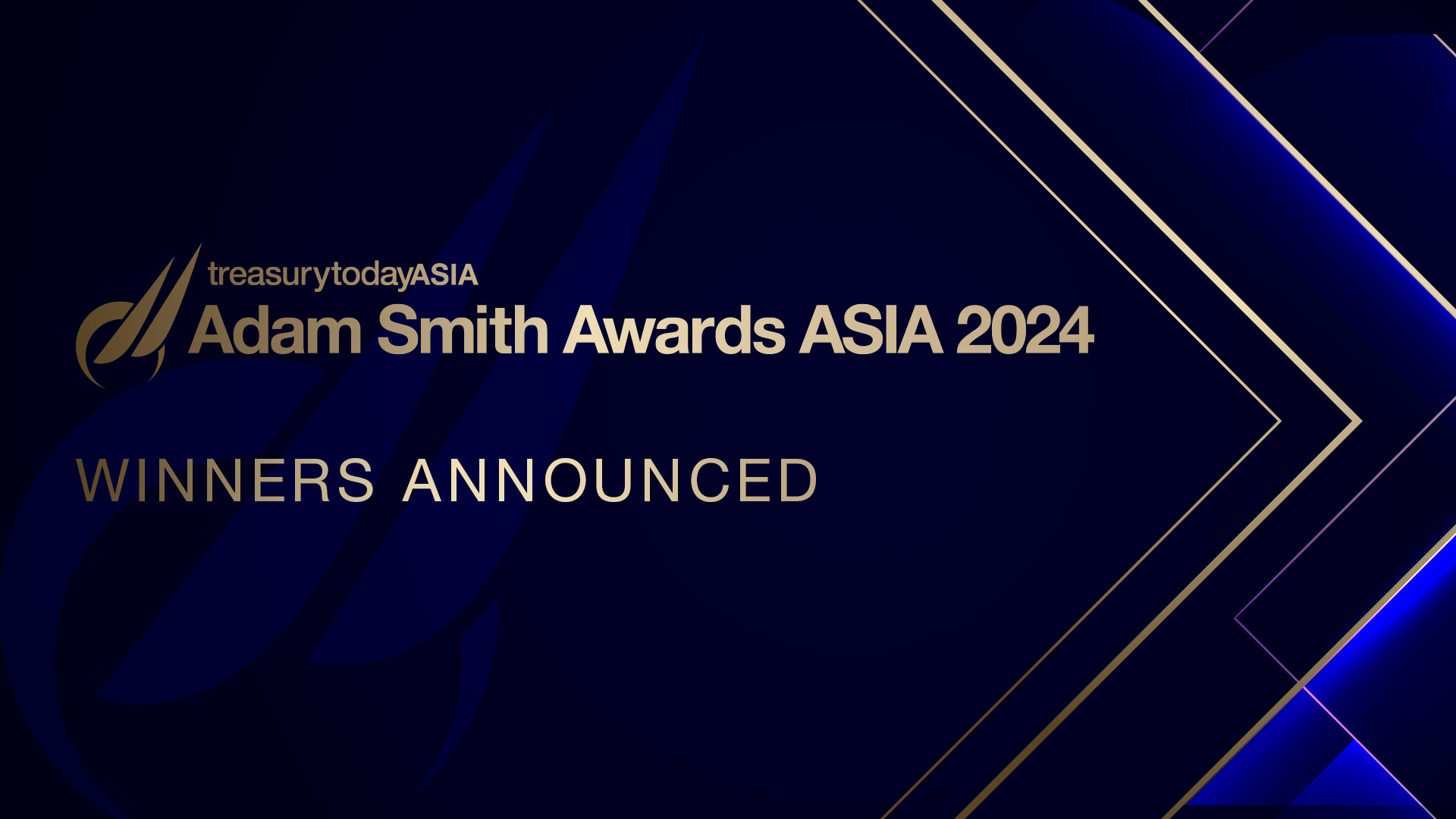

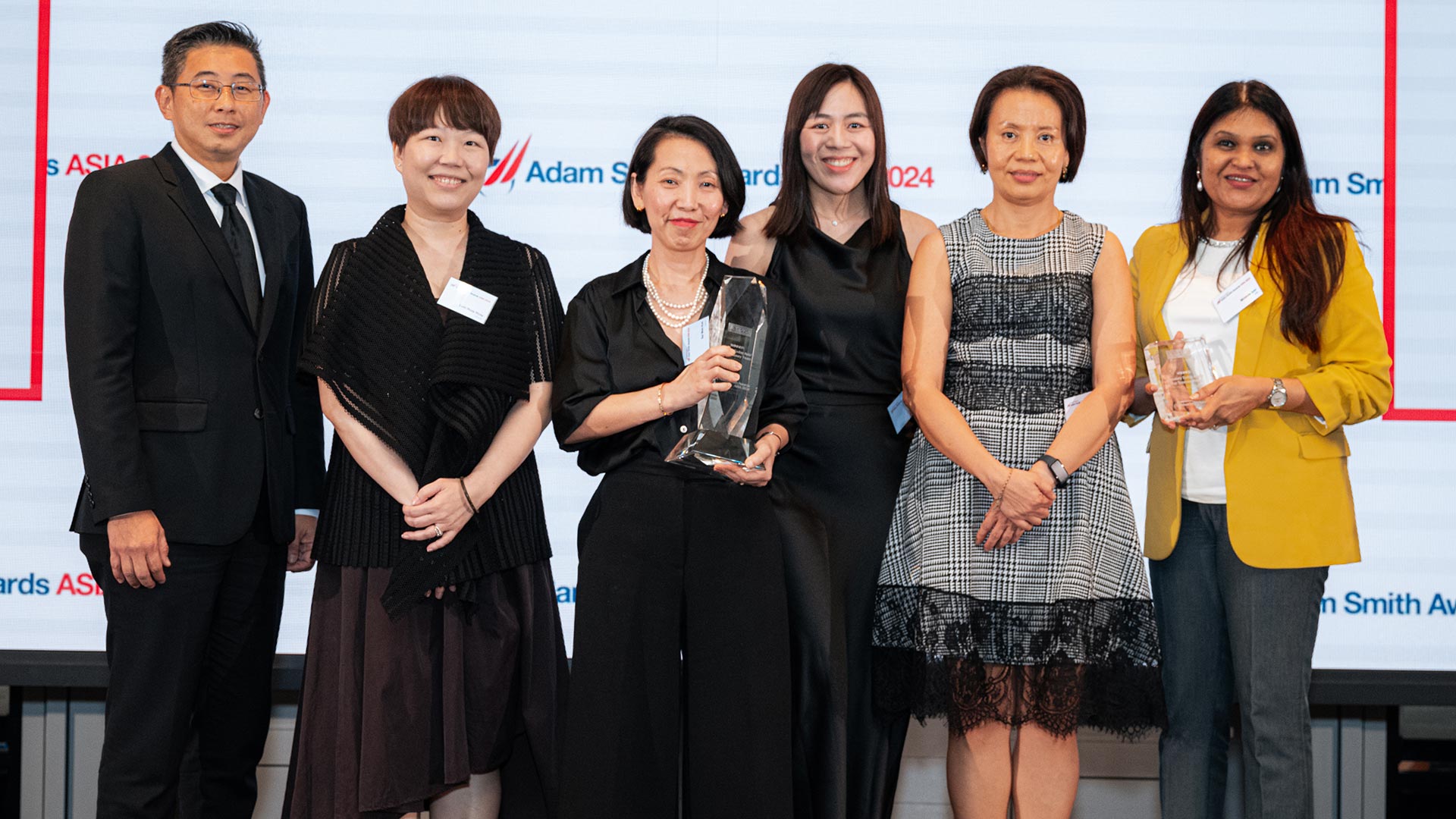
Lenovo’s treasury team is primarily based in Singapore, with satellite functions in China, USA, Brazil, Hong Kong and various locations in Europe. The team manages an average cash balance of US$3.9bn, US$3.8bn of debt and US$0.5bn of operating cash flow (averages over the past 18 months from its 2024 June-end quarter) across circa 300 entities and more than 30 manufacturing sites in nine countries.
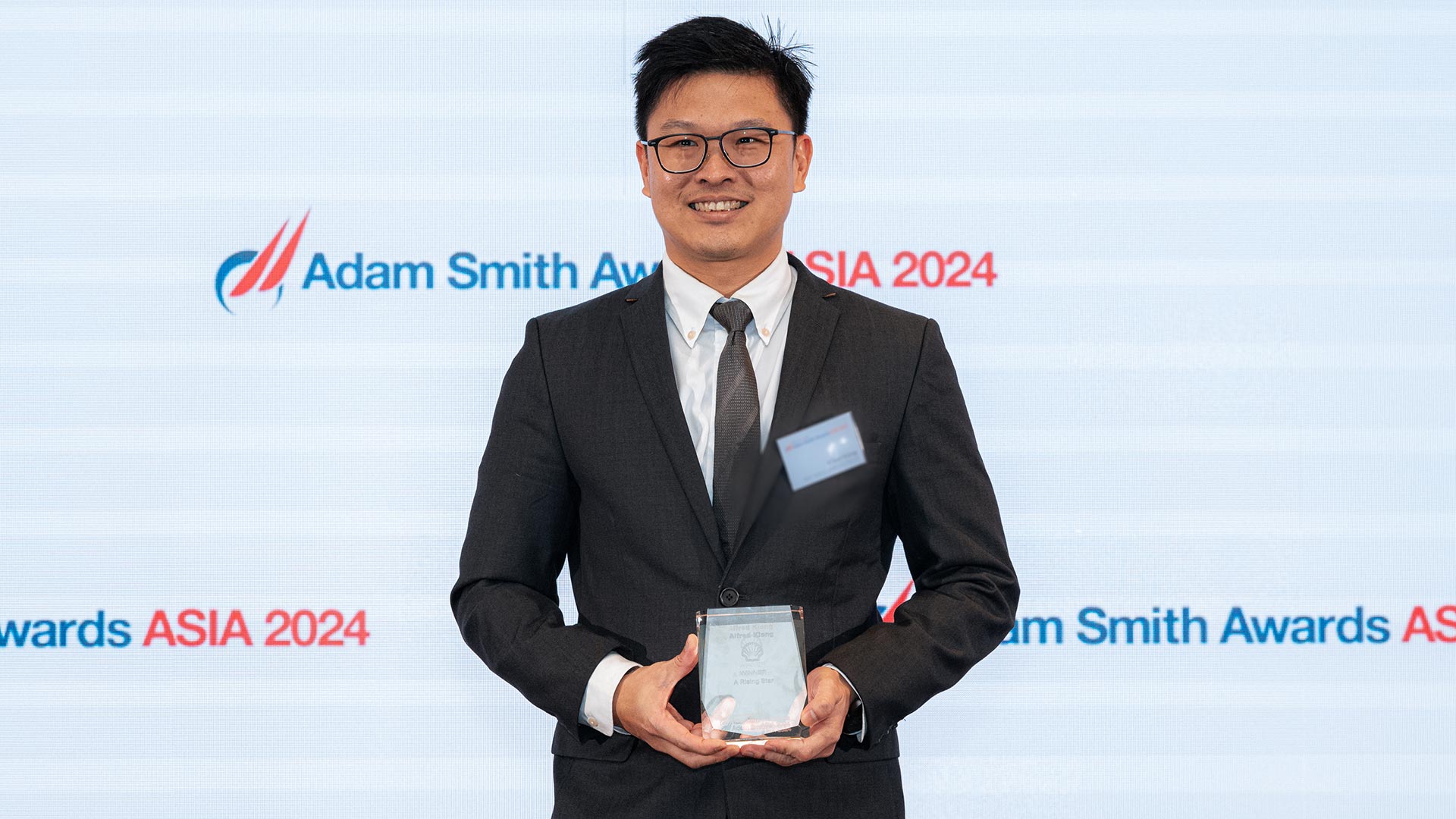
Alfred Kiong is a seasoned treasury professional with over a decade of experience, praised by his peers for his innovative financial strategies, leadership and adaptability. Since joining STCE in 2016, Alfred has made standout contributions to the company and Sprng Energy – such as securing optimal funding solutions, critical trade facility and streamlining operations in complex regulatory environments – that has positioned him as a true rising star in corporate treasury.
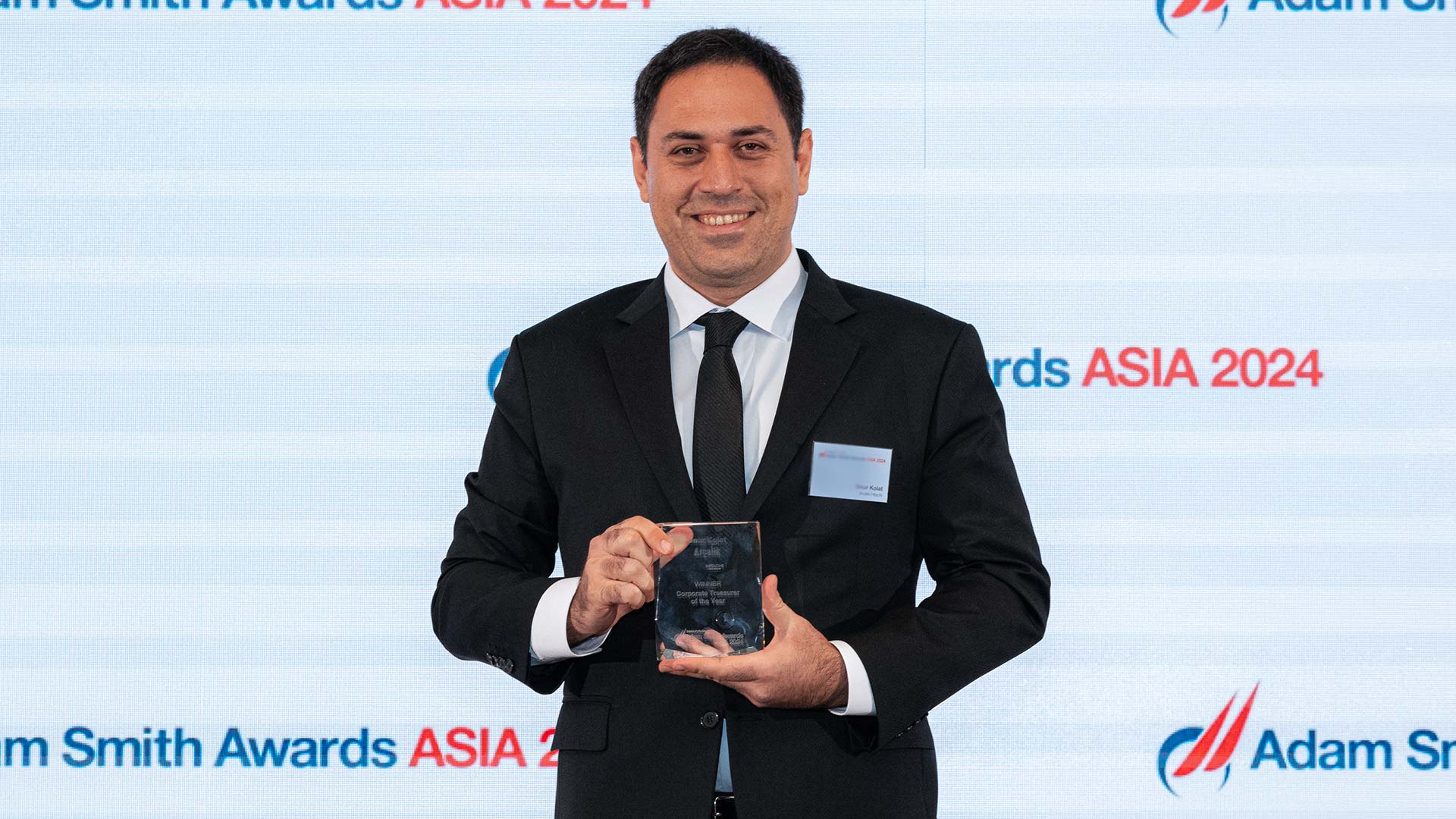
Turkey’s global household appliance manufacturer Arçelik extended its Asia Pacific footprint after a 60:40 joint venture (JV) with Hitachi Global Life Solutions to create Arçelik Hitachi Home Appliances in July 2021.
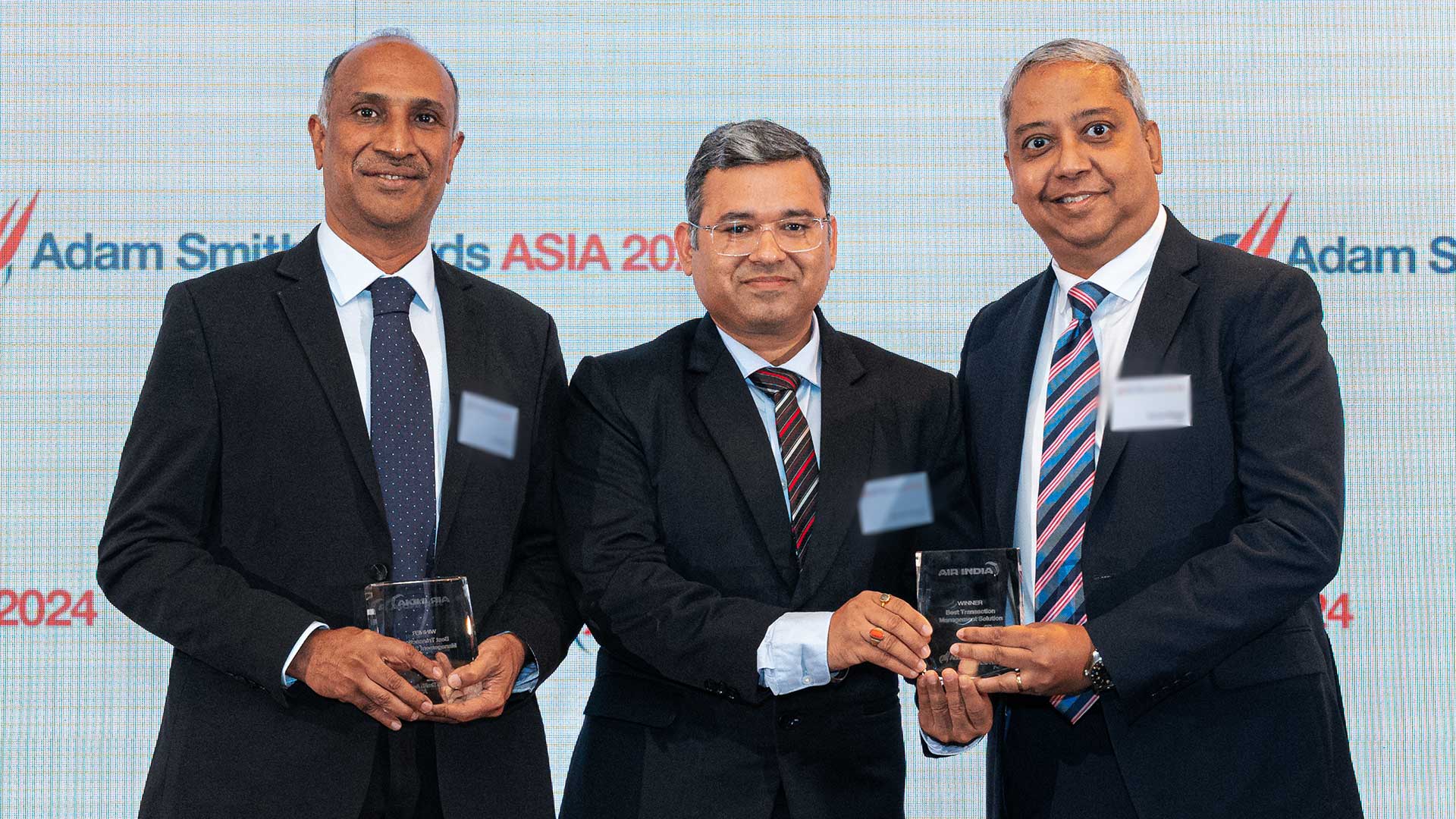
As Air India transitions to a privately held business with ambitions to grow domestically and internationally, treasury transformation was identified as a key area of improvement.
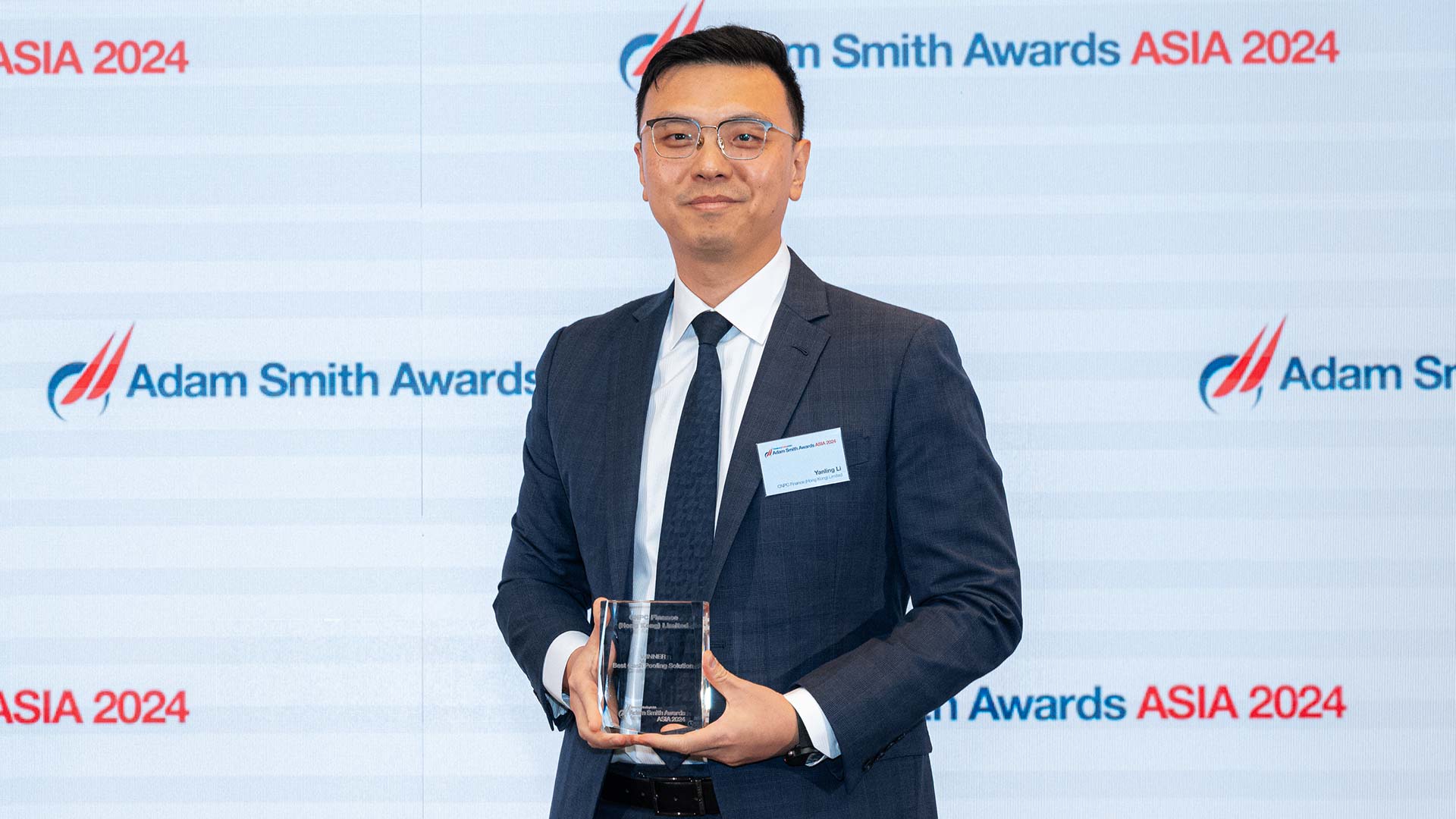
CPF is the in-house bank of the CNPC Group. Its responsibilities extend to key performance indicators (KPIs) including global visibility, inter-company limits and internal reporting. Most importantly, flexibility to support the day-to-day operation of the subsidiaries, which are often large and time sensitive transactions.
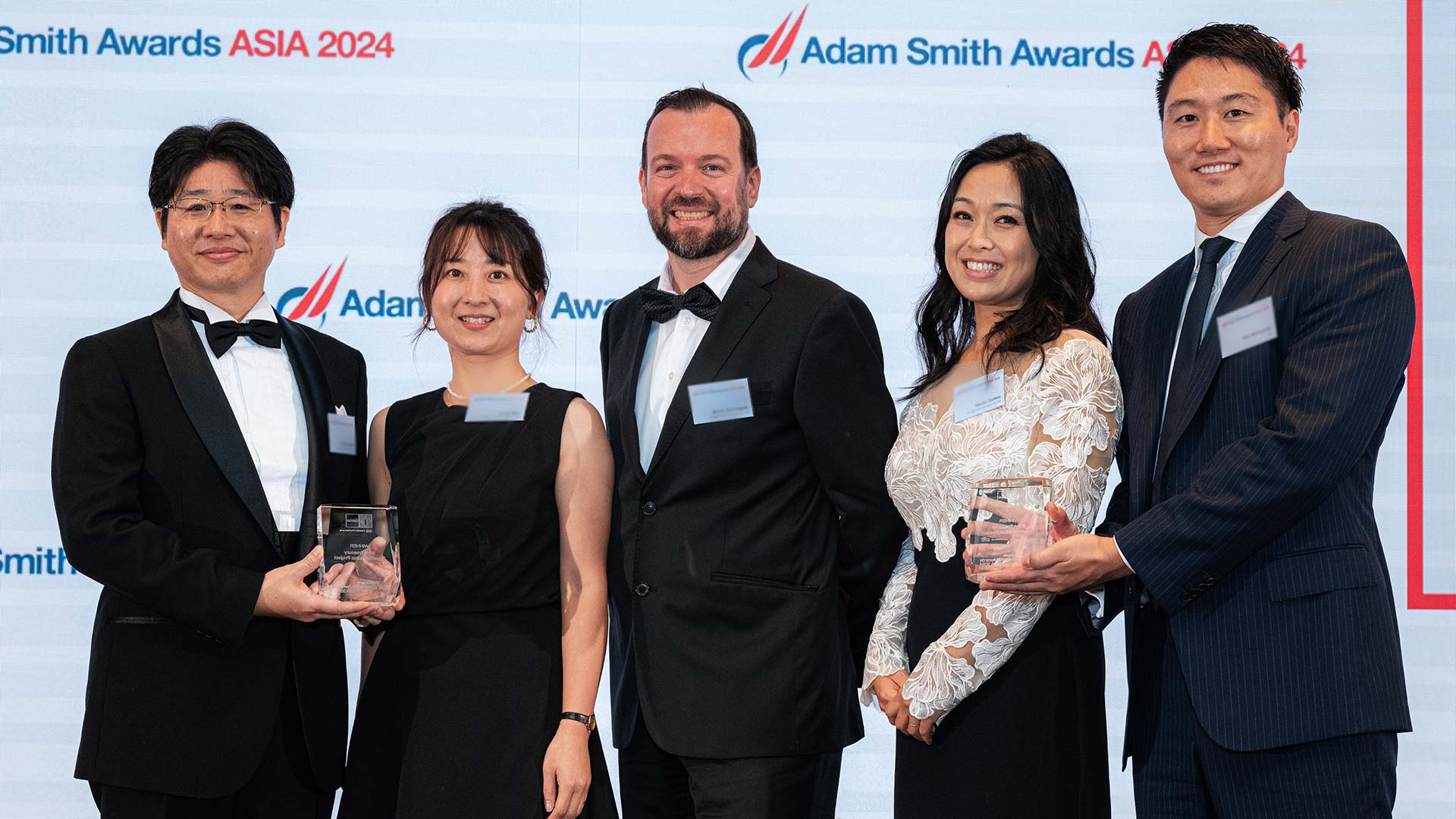
In October 2002, Chugai Pharmaceutical Co., Ltd (Chugai) merged with Nippon Roche based on a strategic alliance agreement with Roche. However, unlike typical mergers, the company name and CEO of Chugai were not changed, and the agreement allowed Chugai to maintain its management autonomy.
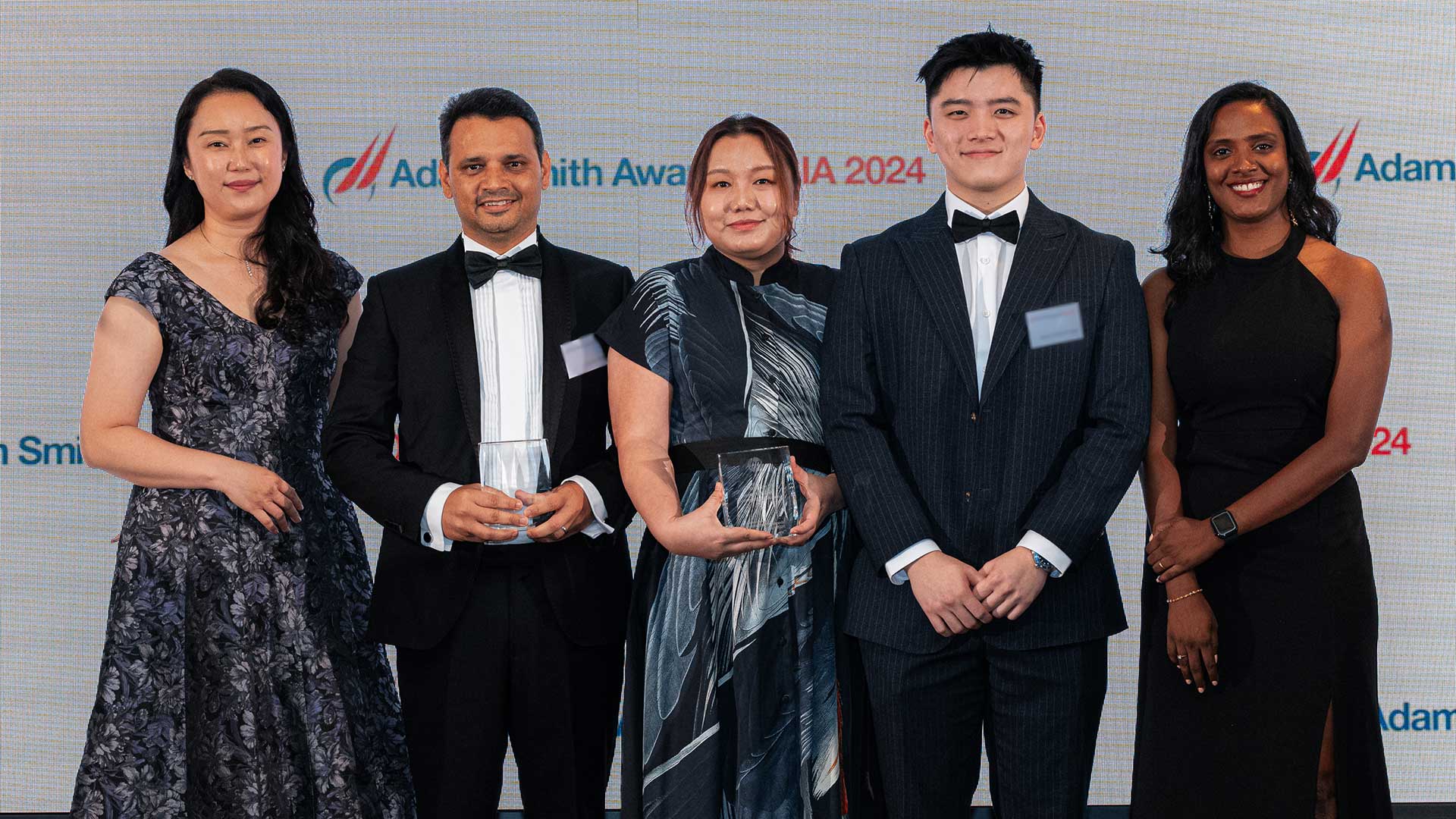
Economic uncertainty, stubborn inflation and elevated costs of capital had made it extremely important for HP to focus on liquidity management, cash forecasting and working capital management. Cash has become a more valuable resource, making centralised visibility and control on enterprise cash essential to ensure its optimal utilisation.
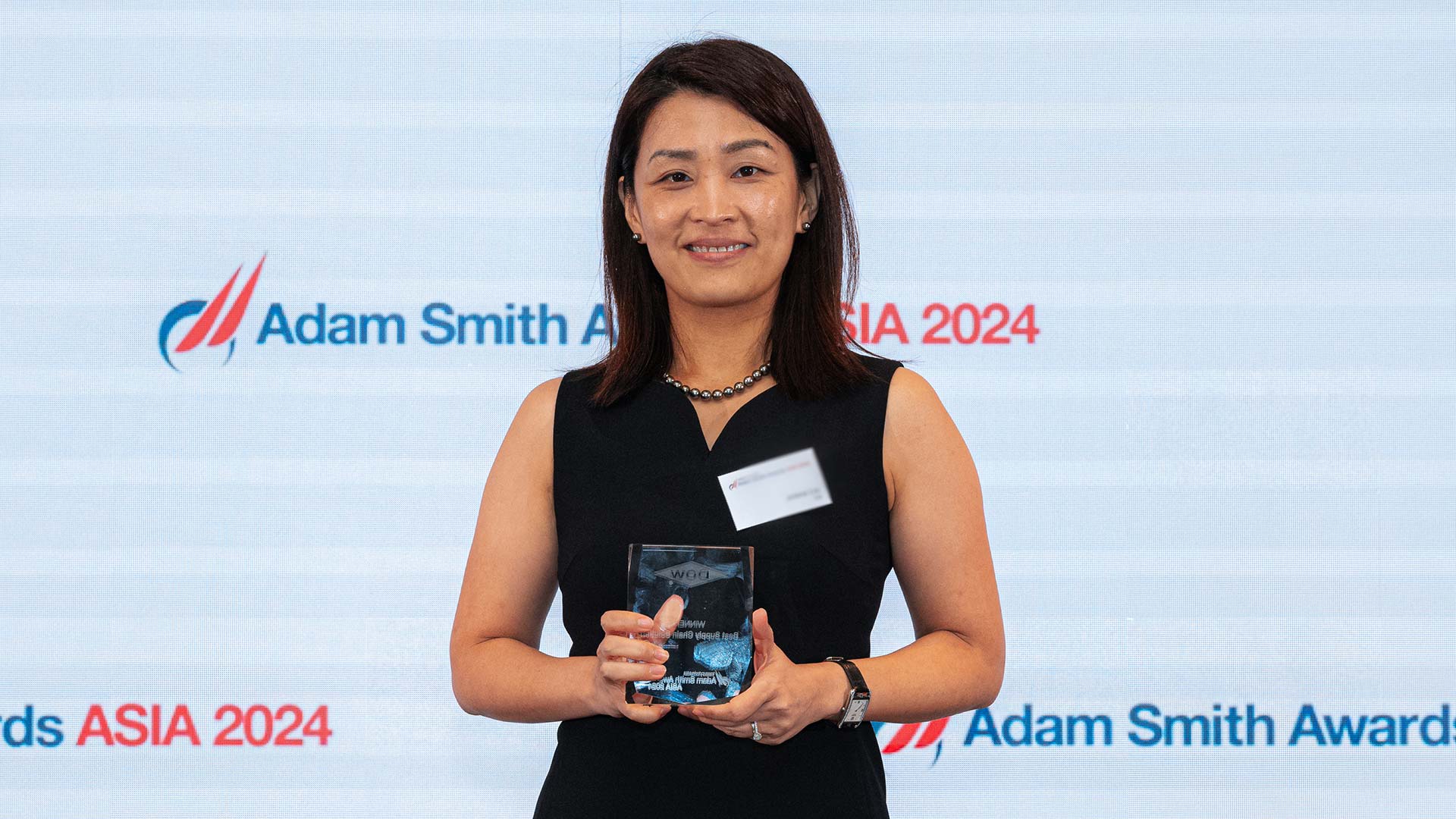
In today’s fast-changing economic environment, effective working capital management and maintaining a healthy cash flow have become increasingly challenging for treasury management. These are crucial not only for supporting business growth but also for providing flexibility needed to navigate unforeseen complexities and to capitalise on emerging opportunities.
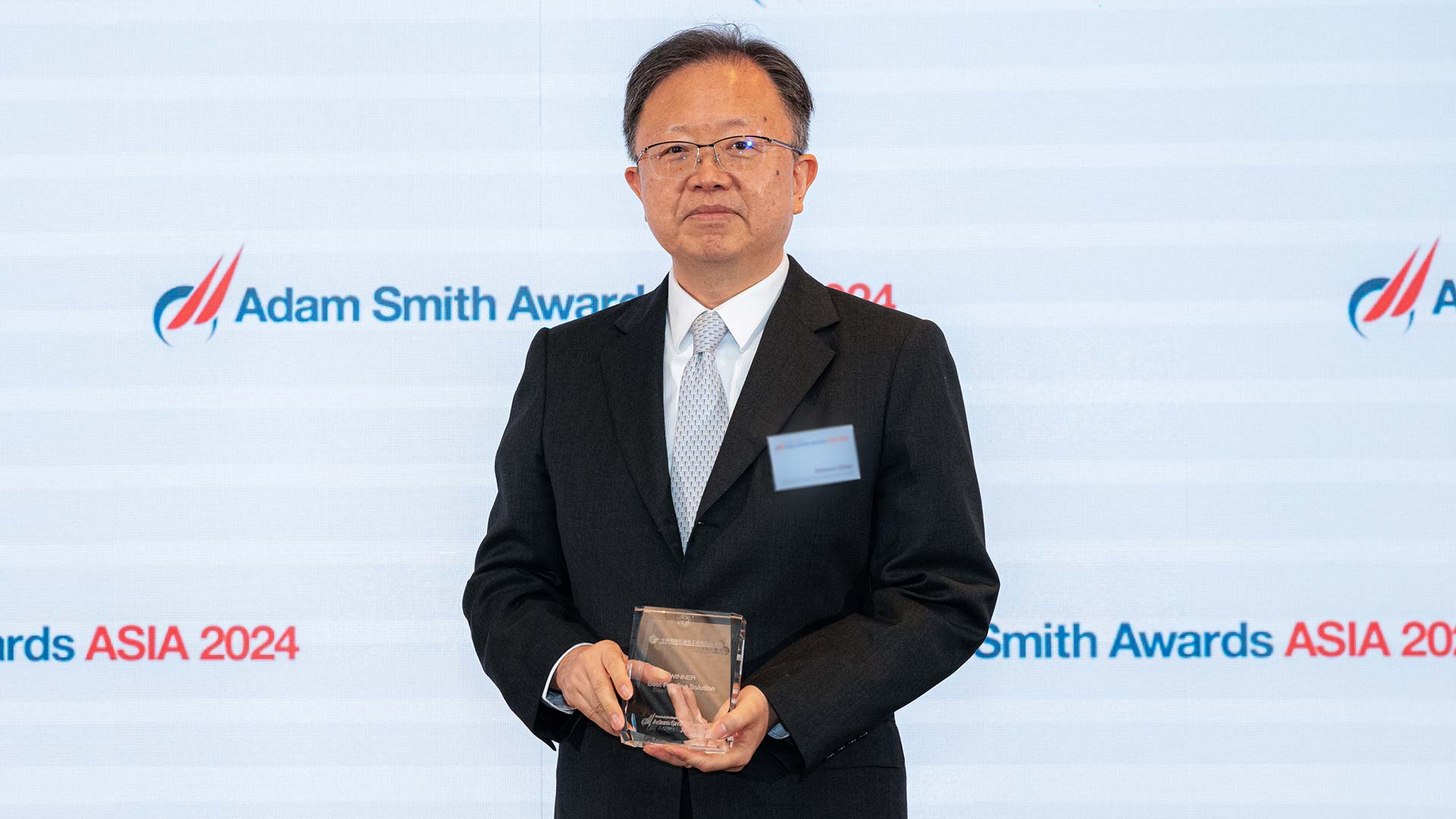
CSPC needed to finance a new mega-size expansion project (US$5.5bn long-term loan and a US$450m working capital facility) amid a deteriorating credit rating due to consecutive losses going back to 2022.

This solution is not so much a response to a particular challenge or set of challenges but more a case of an ongoing journey at Far Eastern New Century Corp. (FENC) to address sustainability. As FENC Chairman, Douglas Hsu said, “To cope with an era of carbon pricing, corporate entities must address the impacts of climate change and provide responsive solutions toward decarbonisation, transforming the challenge into a strength in order to take the lead in the race to net zero.”
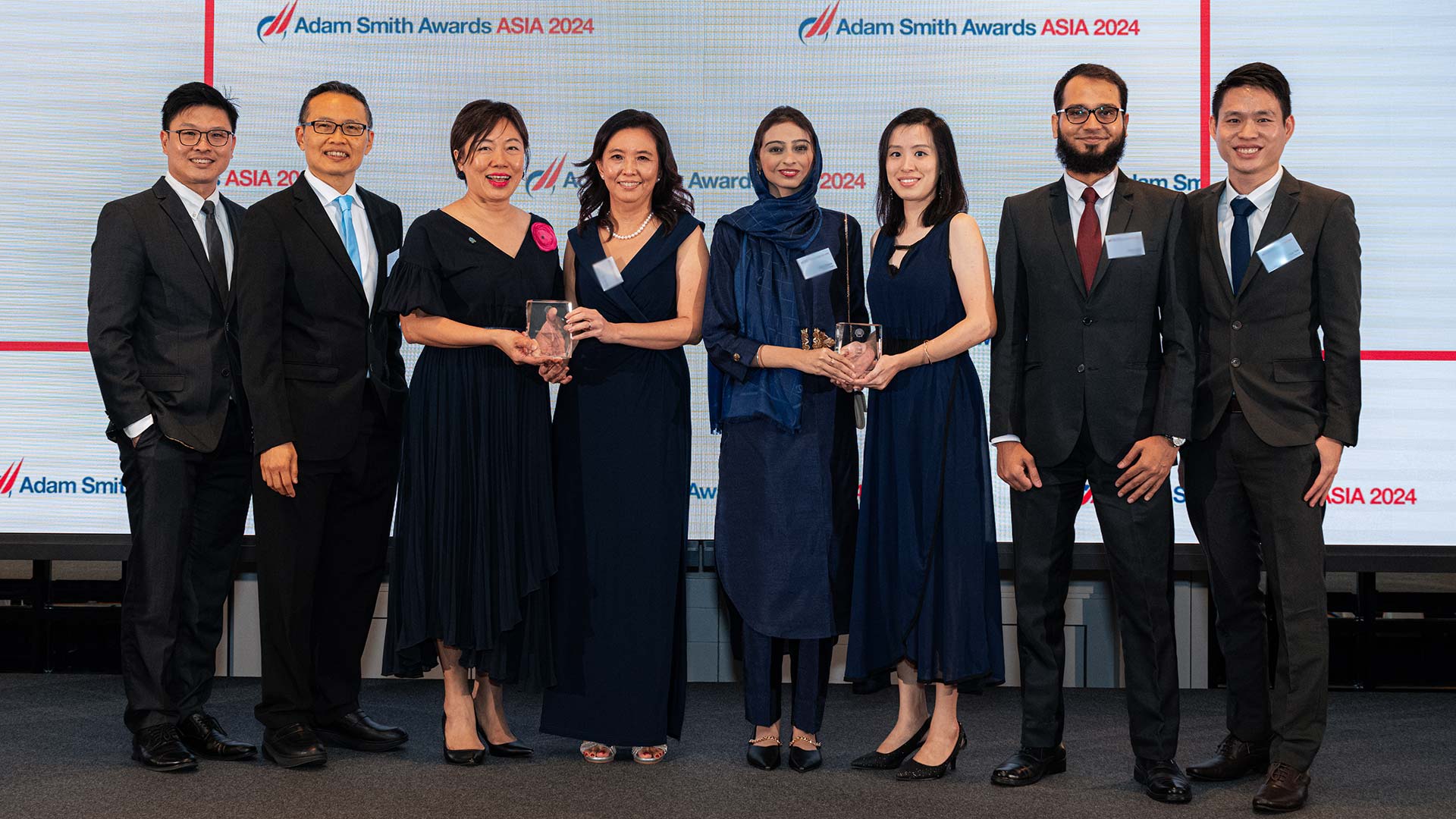
Pakistan faced many macroeconomic challenges from 2021-23, including high inflation, soaring oil prices and Pakistani Rupee (PKR) depreciation. When oil prices spiked and international banks cut import credit lines, it was difficult for Shell Pakistan Limited to import to supply petrol kiosks. The lack of US dollar (USD) liquidity in Pakistan also meant import payments were subject to the banks’ availability of USD from their own customers, causing overdue payments.
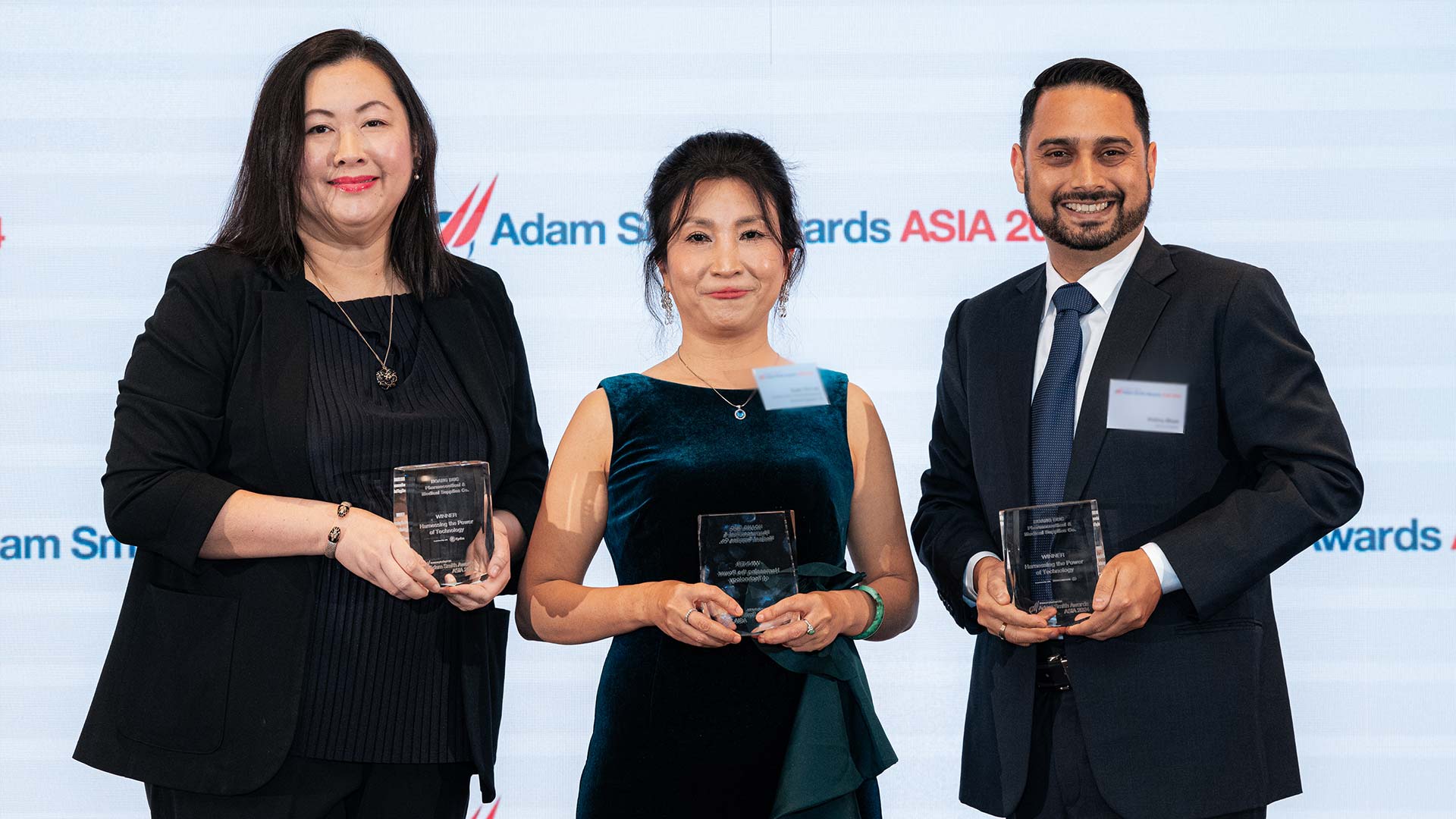
Hoang Duc operates in a fast-growing but challenging healthcare market with many market nuances such as unclear and complicated tender processes, especially in the public sector. The budget approval process is time-consuming and complex. There are also governmental issues to address such as tender and purchase audits of all key hospitals, pricing controls and health insurance matters.

Cargill has treasury hubs in Minneapolis, Sao Paulo, London and Singapore to serve the respective regions. Funding flows for Cargill’s operations are carried out from the treasury hubs and the company was looking to improve efficiency with funding flows between hubs.
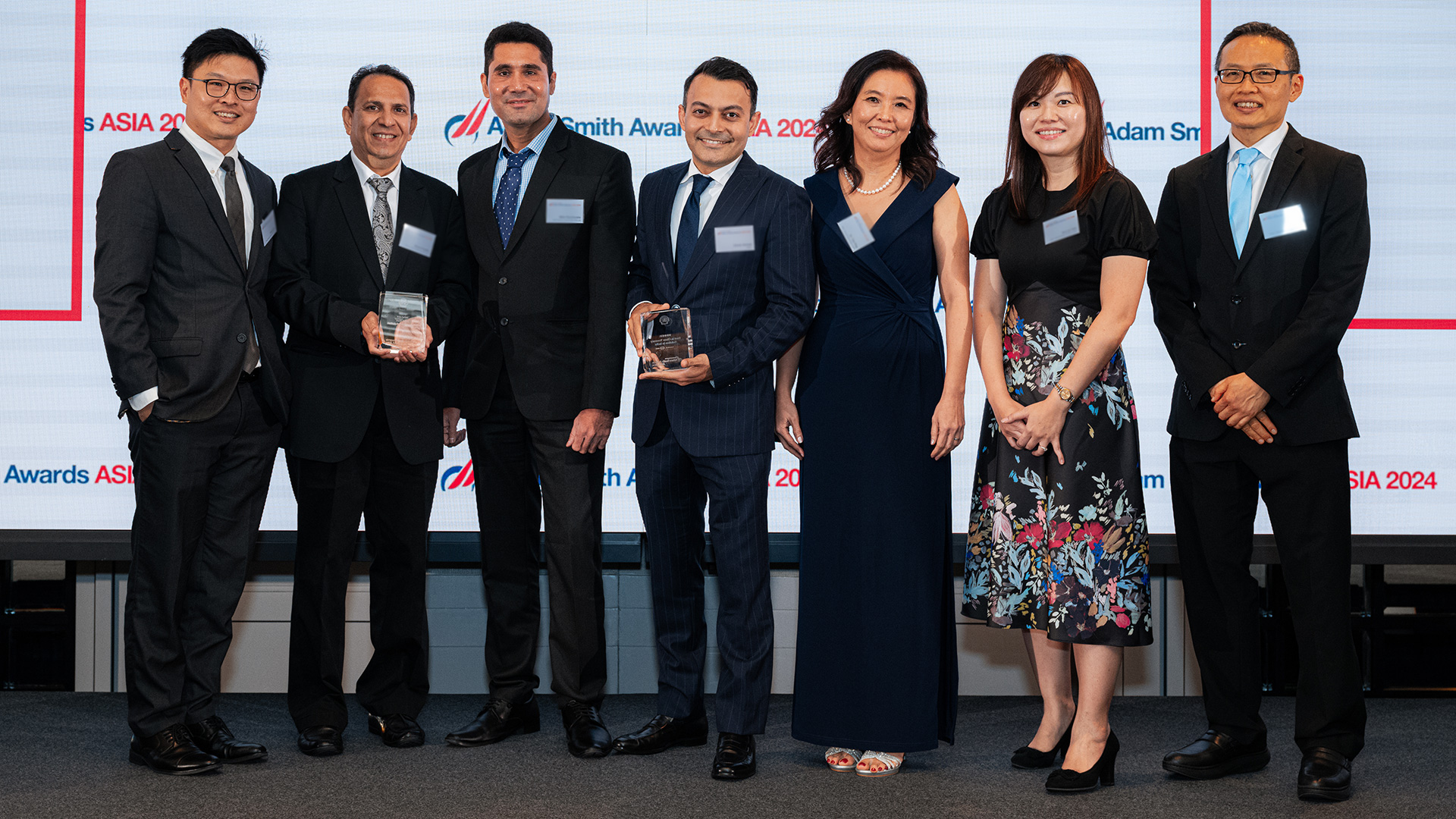
Following the acquisition in August 2022 of its largest renewable acquisition, Sprng, it was imperative to quickly integrate the new company into Shell.

The development of new energy is a critical response to climate change. In 2023, the global electric vehicle (EV) battery industry saw continued growth with a 38.6% year-on-year increase. However, competition within the industry has intensified due to ongoing global economic fluctuations, industry restructuring and policy adjustments.
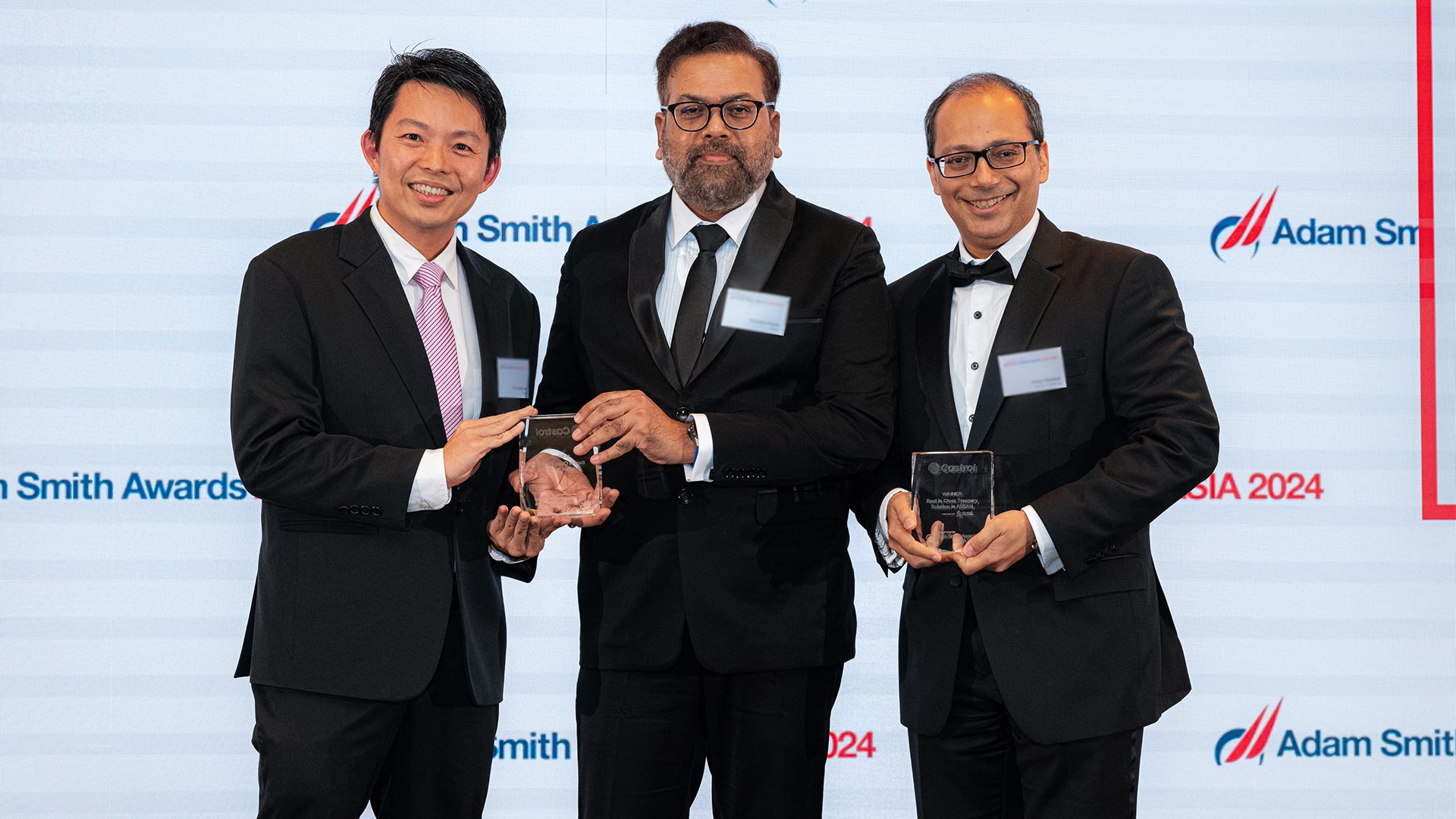
Many people in Asia depend on motorbikes in their daily lives. In Indonesia and Malaysia more than 80% of households own at least one motorbike. This solution all started after extensive research and interviews with the prospective consumers, the bikers and bike mechanics.
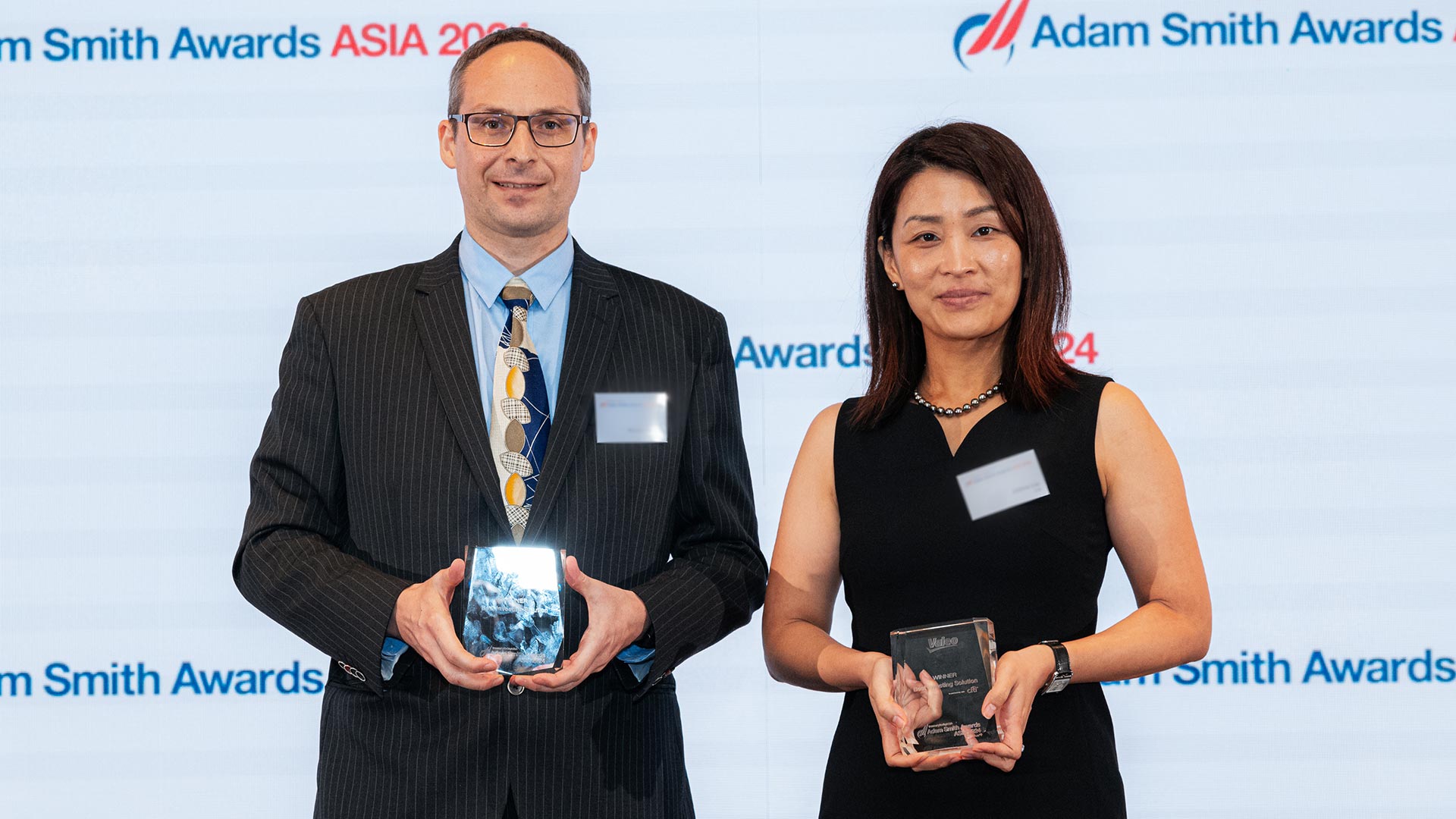
Valeo Group’s ESG targets include carbon neutrality by 2050. By 2030, as a mid-term objective, Valeo plans to have reduced its greenhouse gas emissions from multiple dimensions, including by 75% in its operations and a 15% target reduction in its upstream and downstream value chains.
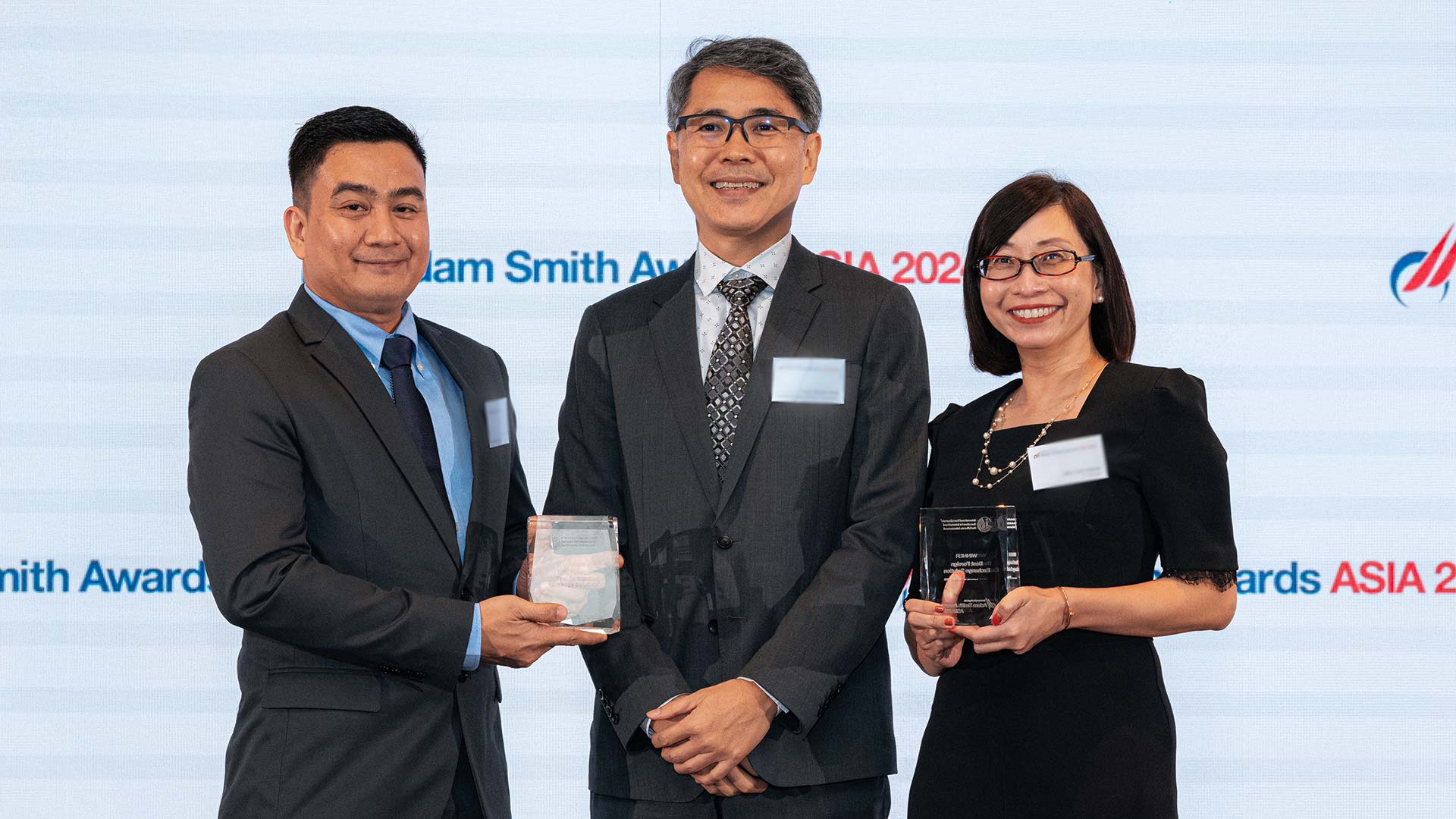
With almost two million students in more than 5,900 schools across 160 countries, the International Baccalaureate Organisation (IB) operates from three global centres located in Washington, DC, The Hague and Singapore, a foundation office in Switzerland and an assessment centre in Cardiff. IB’s Singapore office functions as its global payments’ hub, handling substantial volumes of international transactions.
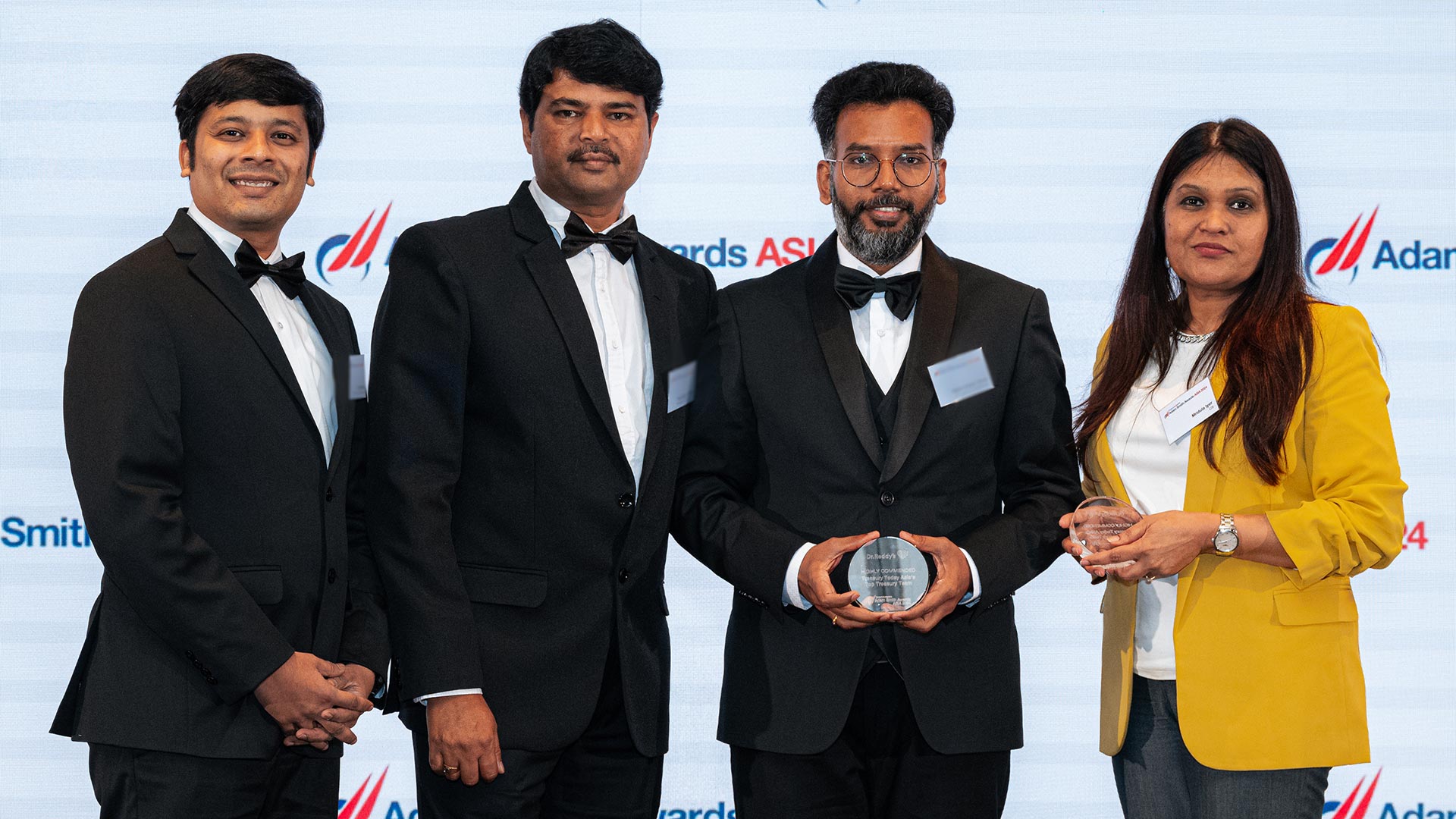
Dr. Reddy’s Laboratories Ltd. (DRL’s) treasury team comprises only seven members who centrally manage the group’s global requirements around FX, currency risk, liquidity, investments, funding and working capital, payments, collections and regulatory compliances.

Tang Quan (Chris), Chairman of the Global Treasury Management Committee of Haier Group, a company with a subsidiary listed in Fortune 500, has a truly global perspective of corporate treasury.
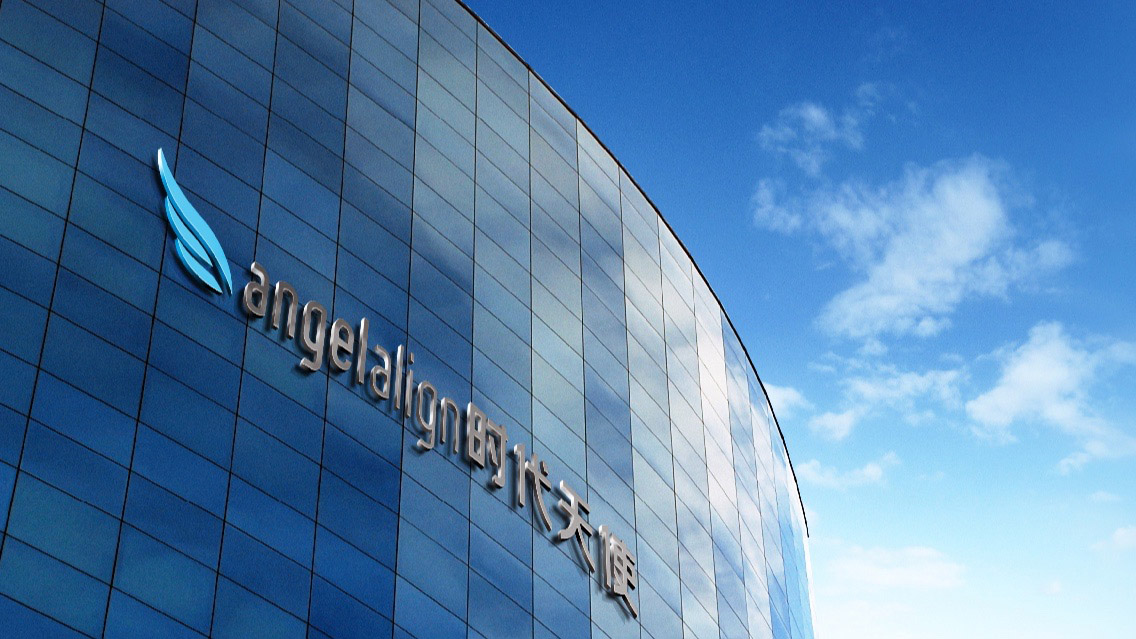
Angelalign was expanding, and the treasury team wanted to open local bank accounts to meet their immediate banking needs. While this was straightforward when entering new markets, they soon found themselves managing multiple e-banking platforms, a myriad of file formats, facing different transaction processes and receiving inconsistent reporting formats.

The Singapore Tourism Board (STB) operates regional offices overseas, with each office managing its payment activities independently.
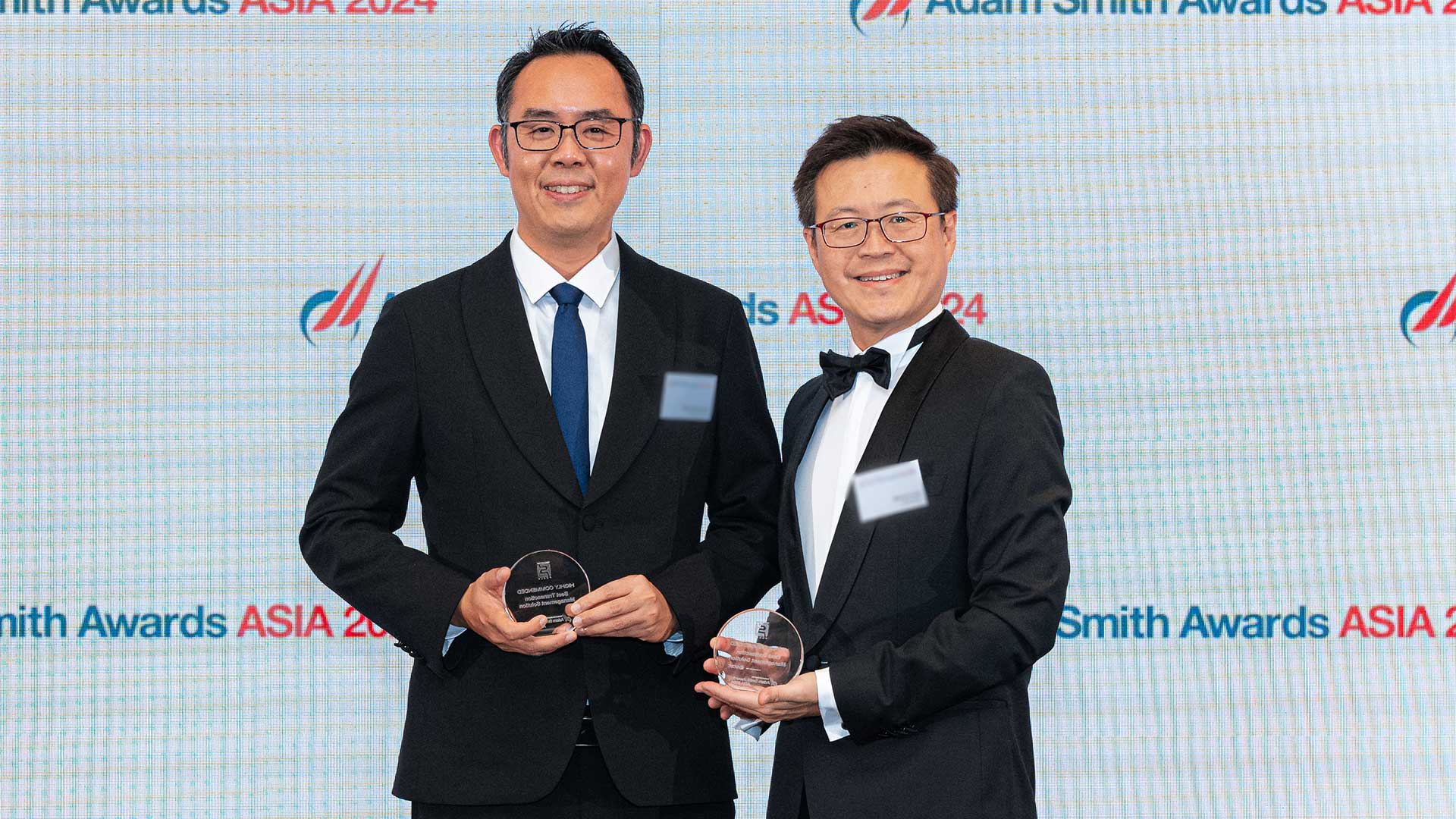
Singapore Pools wanted to provide a more convenient digital payment journey for its customers. It faced operational hurdles as its customers were unable to place bets through digital channels and had to place their bets over the counter or via tele-betting (via phone).

Desay Singapore was collecting payments in USD and EUR and paying out in SGD, therefore it needed to transfer funds to its SGD account using a combination of wire transfers and spot FX. HQ would also inject capital into its overseas subsidiaries to facilitate business expansion.

Due to its growth in market share and a corresponding increase in retained earnings TKE was looking for a solution to further optimise its group internal cash management and funding practices. In order to realise its objectives TKE looked to Deutsche Bank China’s cross-border liquidity management solutions.

Walsin’s HQ Treasury in Taipei manages a USD cross-border cash pool between its entities in Hong Kong and Mainland China. The liquidity structure has been instrumental in supporting the working capital needs of Walsin’s new manufacturing plant in Yantai City in Mainland China, where funding is provided to its Shanghai entity in the form of intercompany short-term USD loans.
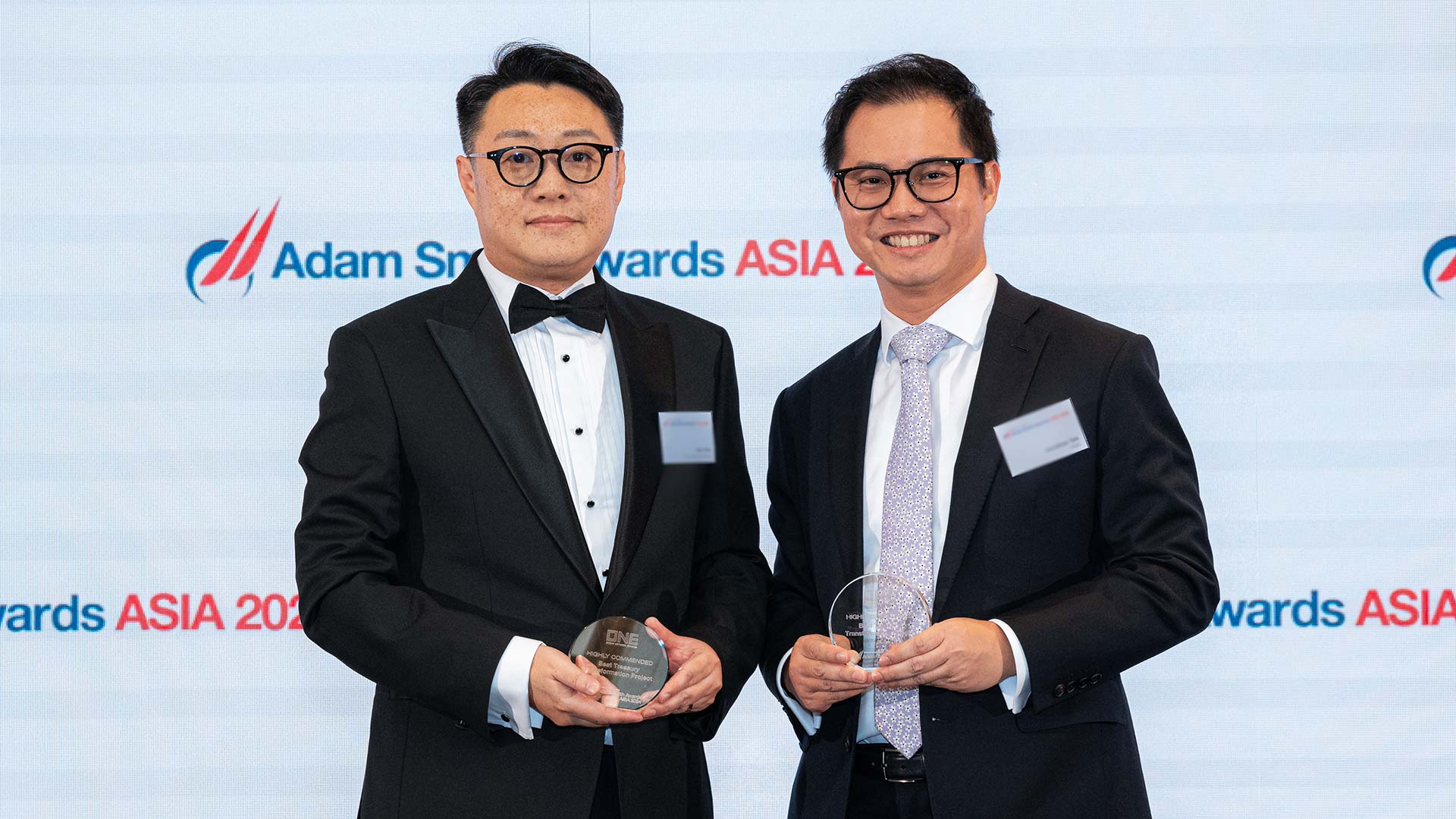
ONE has been on a multi-year transformation journey. Following its establishment in 2017, ONE took the first vital step of integrating the workflows and operating models of the previous three separate entities, by adopting an ERP system that’s integrated directly with SAP HANA to connect ONE’s finance operations to the 226 accounts it manages across 44 countries – including both regulated and non-regulated markets.
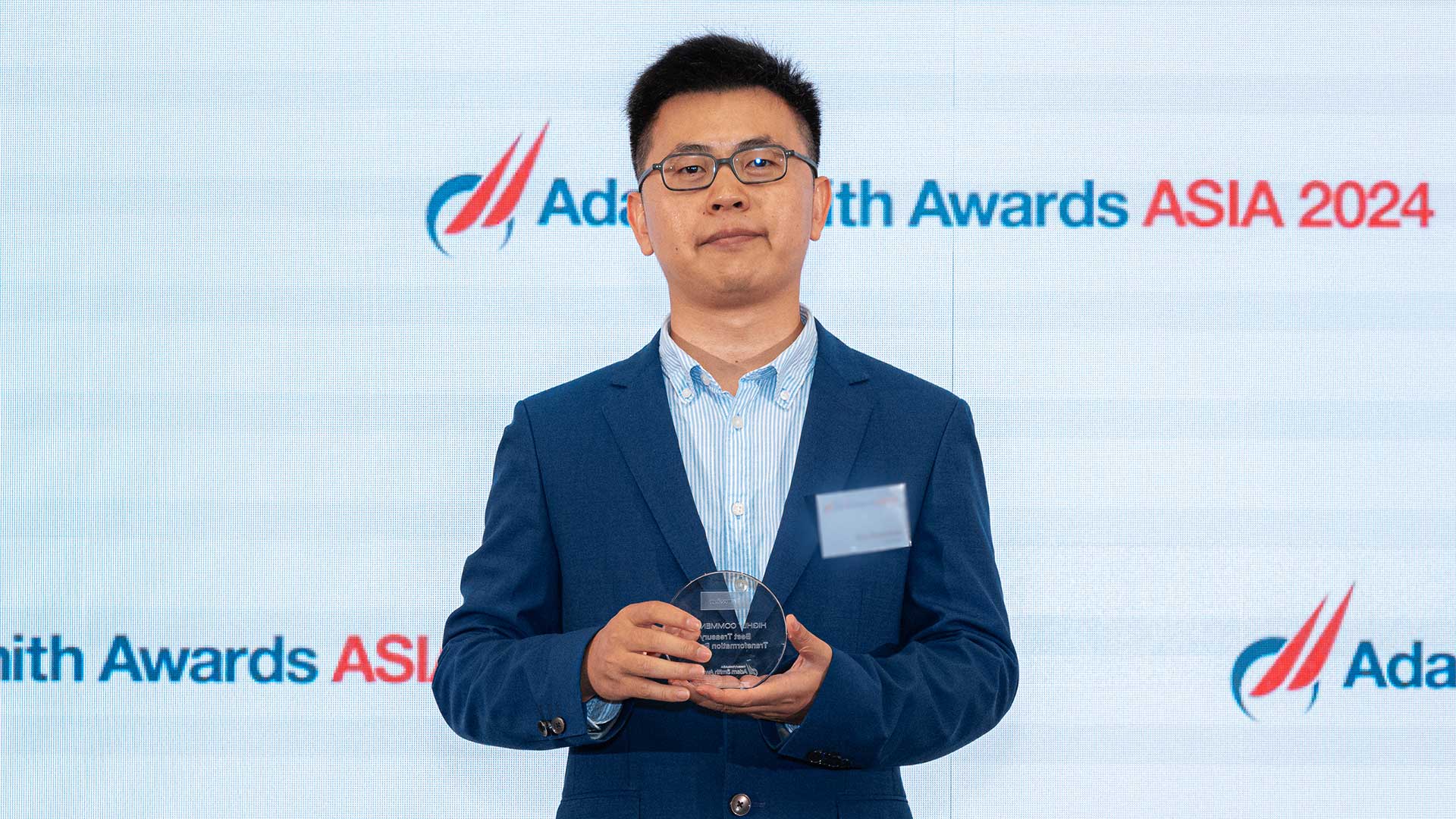
Transsion’s extensive presence and scale in emerging markets presents a unique set of challenges for its treasury management.
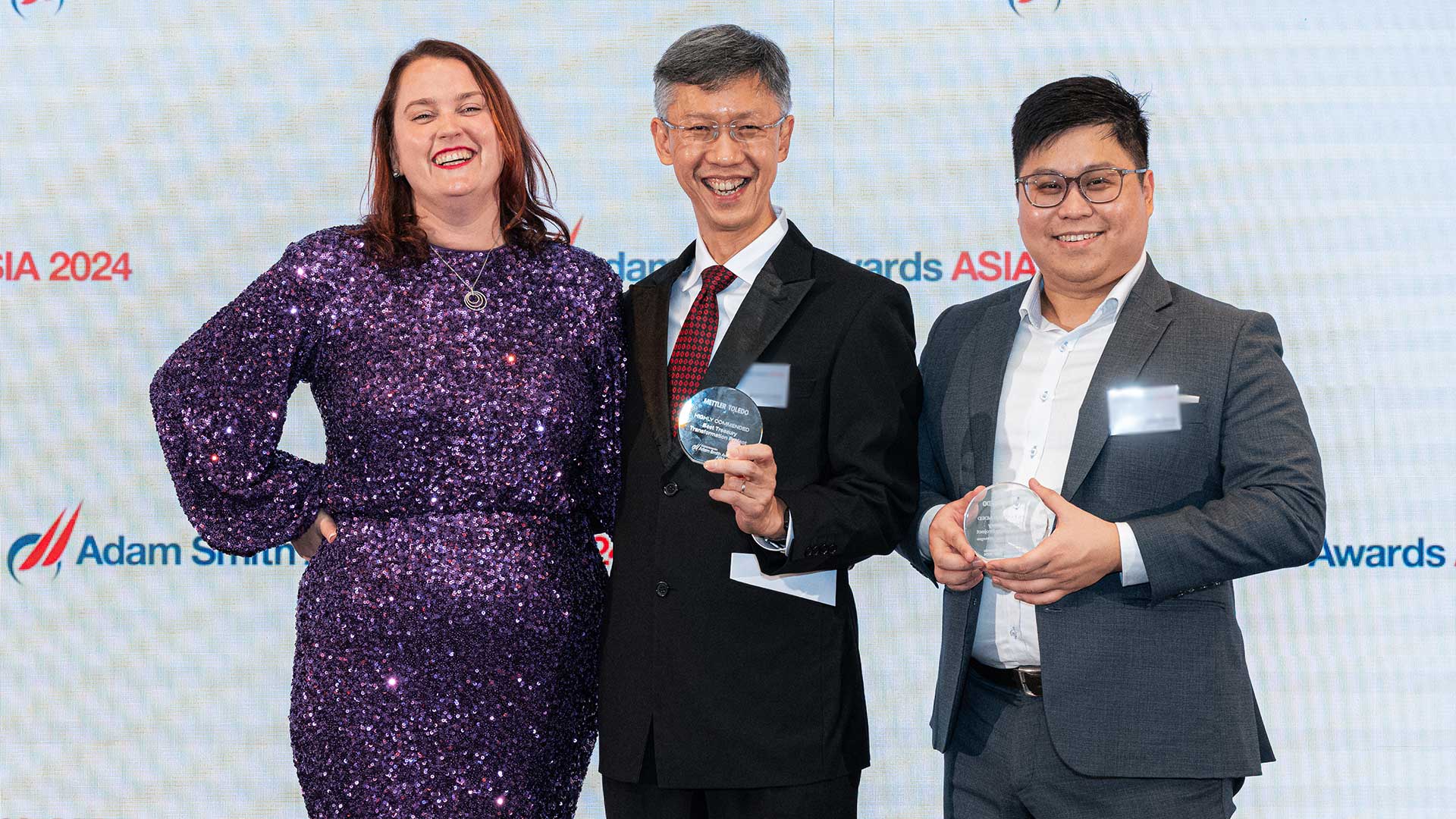
MT’s Chinese operations account for 19% of sales to external customers and approximately 34% of the global production 2023. The scale and complexity of MT’s operations highlight the sophistication required to address its financial challenges.
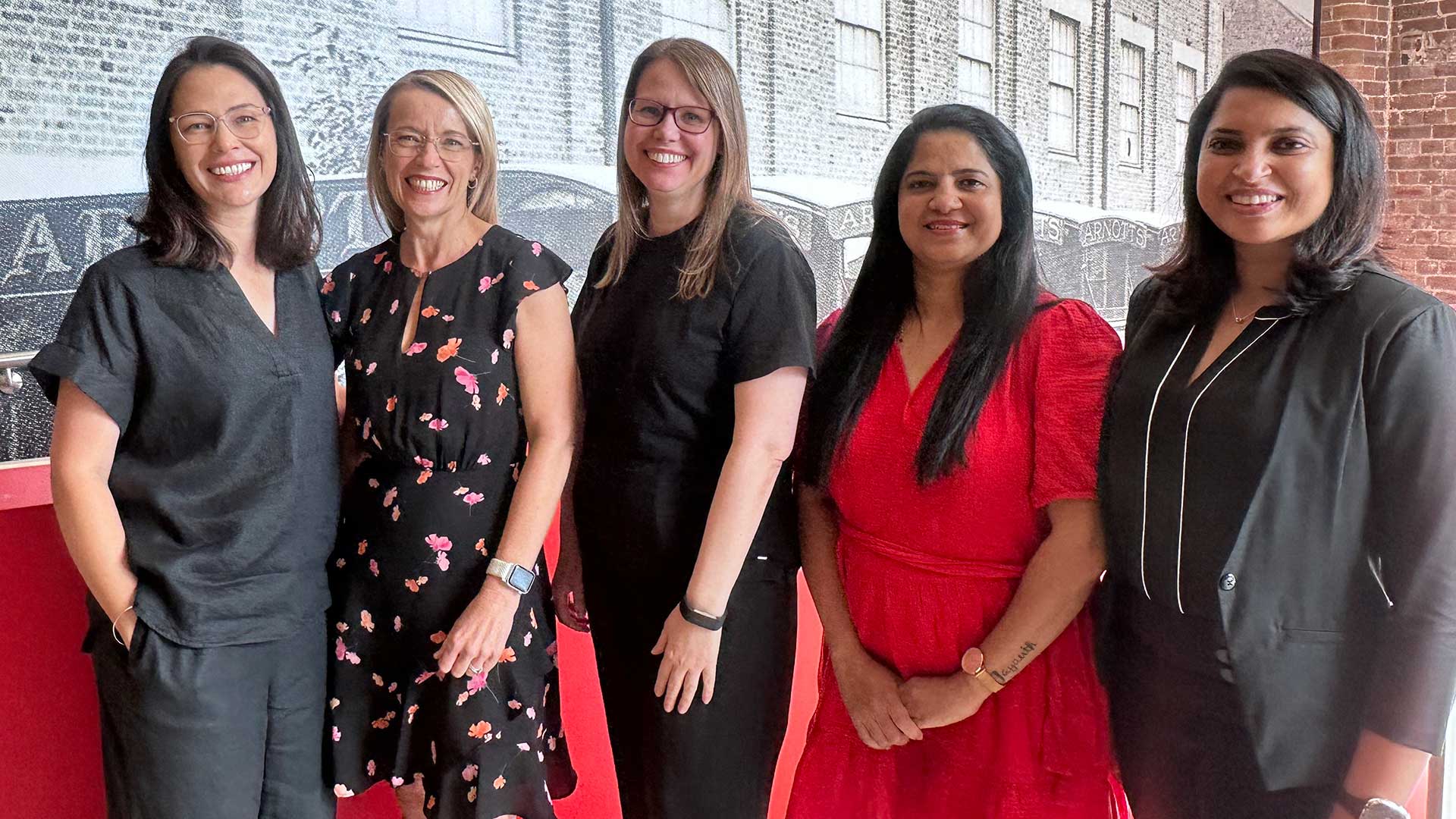
Following its separation from Campbell’s Soup, the business faced challenges in standing up as an independent corporate treasury function, including the retention of a legacy treasury management system. This TMS was not cloud-based and could not fully integrate with the organisation’s IT infrastructure.
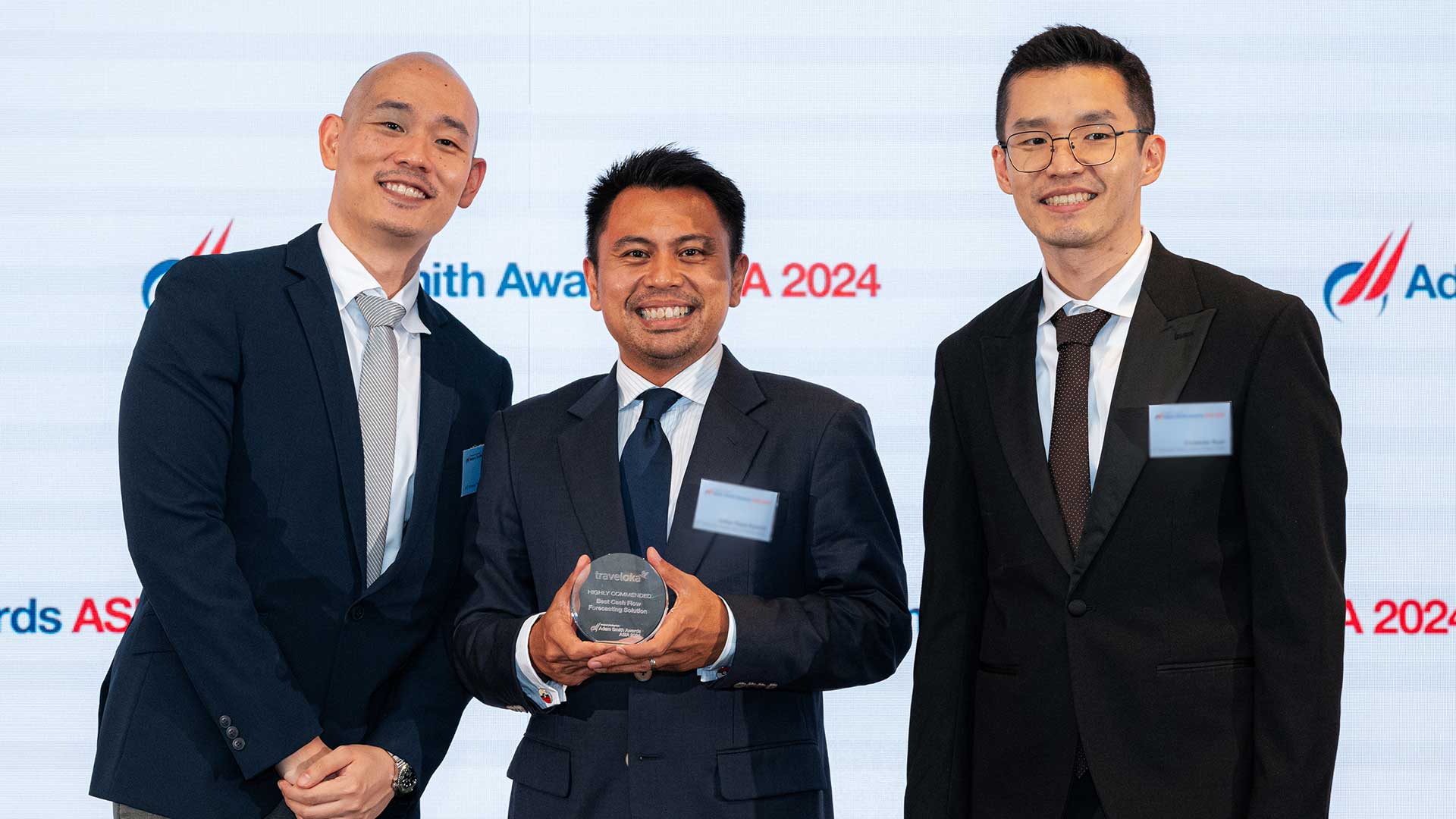
Traveloka, South-East Asia’s leading travel platform, with over >127 million downloads, allows consumers to access, discover and purchase a range of travel, local services and financial services. This includes flights, ground transportation, tours and insurance. Traveloka offers 24/7 customer service in local languages and supports over 30 local payment methods.

Johnson Controls International plc (JCI) sources materials from a diverse network of suppliers across APAC and a supply chain finance (SCF) programme can help unlock working capital from its supply chain. At the same time, JCI can support its upstream suppliers’ cash flow and financing requirements while improving its own business resiliency.
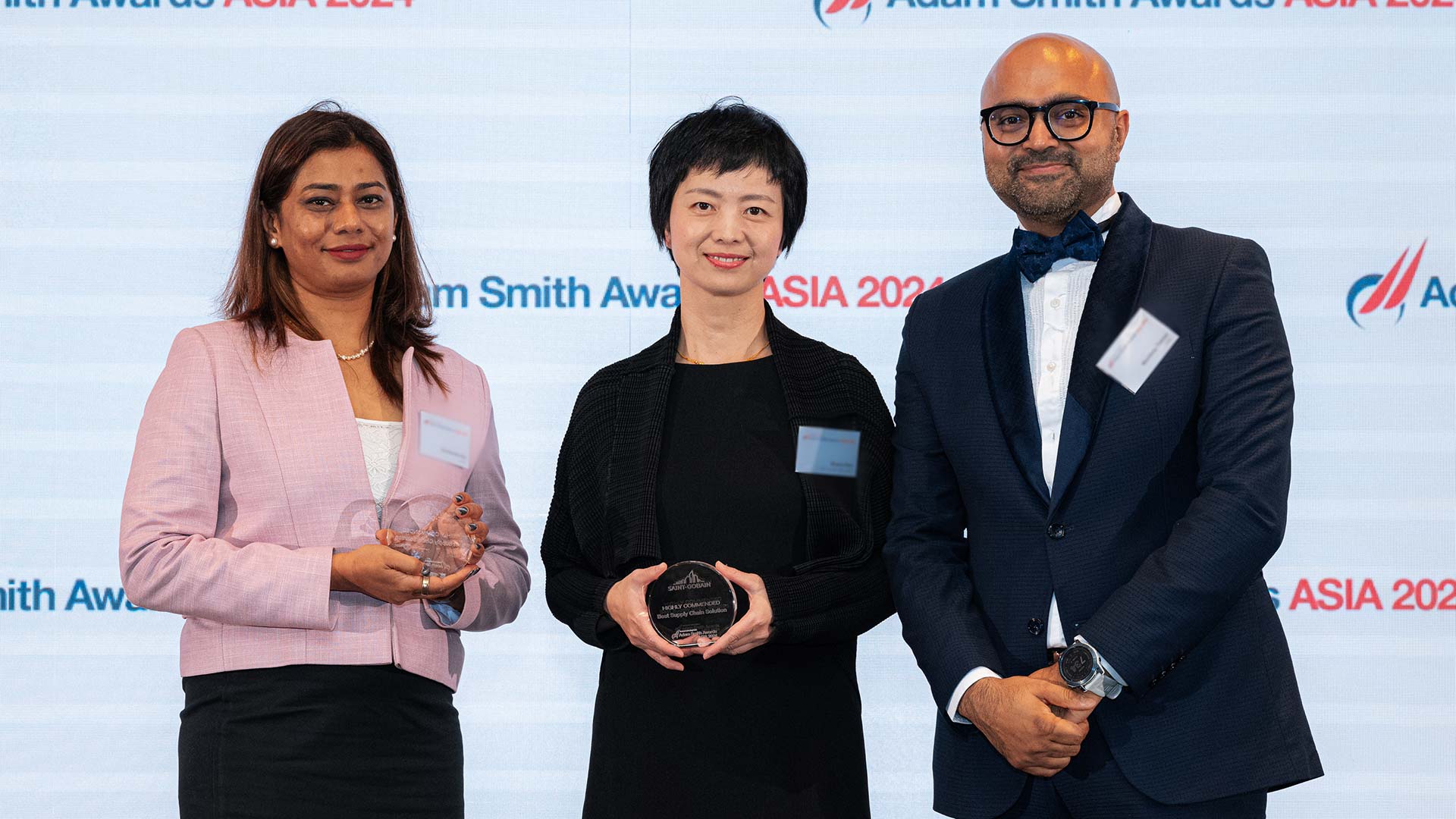
As the worldwide leader in light and sustainable construction, Saint-Gobain is fully aware and takes strong responsibility for the critical role it plays in the decarbonisation of the construction industry. This commitment is not only about enhancing its own sustainable manufacturing and operations, but also urging and supporting its supply chain, mainly extending to the procurement side in its suppliers’ sustainability journey.

Constructing windfarms in Taiwan was a new challenge for Ørsted’s treasury. The 920MW Greater Changhua 2b and 4 offshore wind farm is one of the company’s largest global projects and follows the construction of Ørsted 900MW Changhua 1 and 2a wind farm.
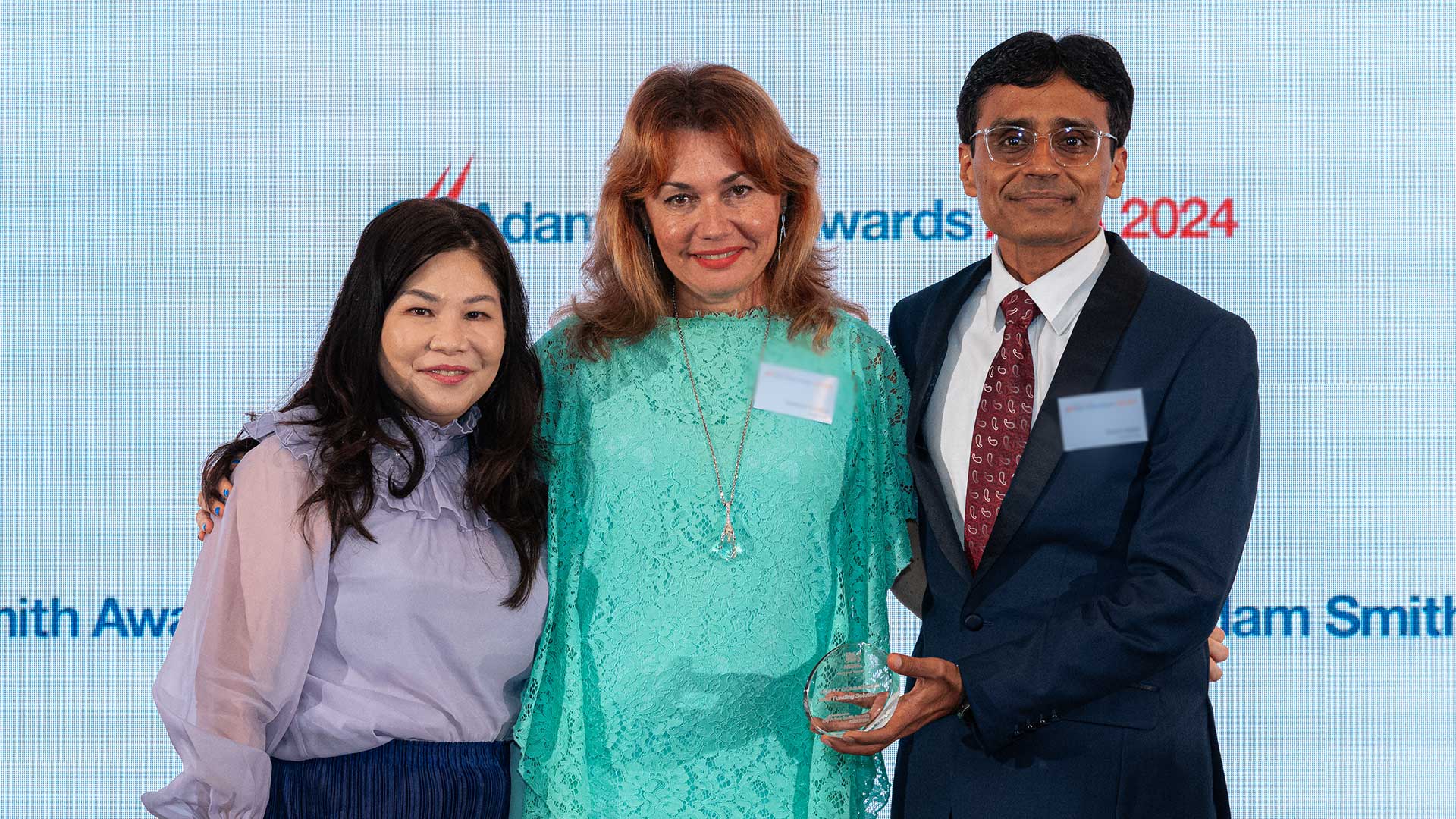
Nestlé India was looking for a way to support its offshore suppliers by extending early payments and help their working capital. In a win-win, the consumer goods giant also wanted to build its ecosystem of suppliers to support growth by rolling out a new funding solution.
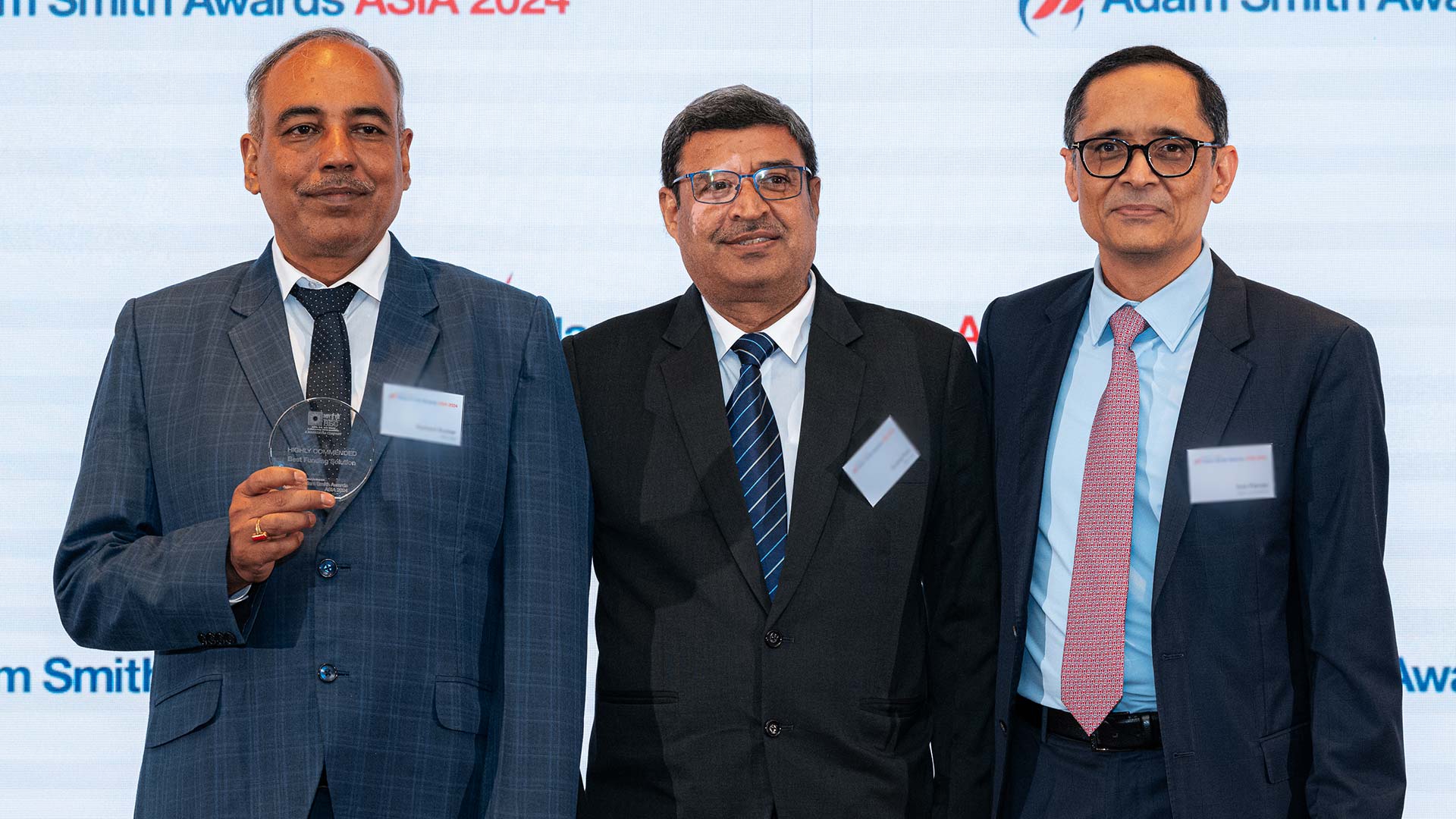
REC is a leading financier for renewable energy and energy transition projects. As part of its sustainable financing initiative, REC had implemented a ‘Green Finance Framework’ as a basis to issue green bonds, loans and other financial instruments, which are used to finance eligible green projects that are aligned to its sustainable values.

The construction market in Hong Kong is characterised by traditional payment practices, with many companies relying primarily on cheques and manual paper transactions. This conservative approach reflects a deep-rooted culture within the industry, which often results in delays in payment processing and inefficient cash flow management.
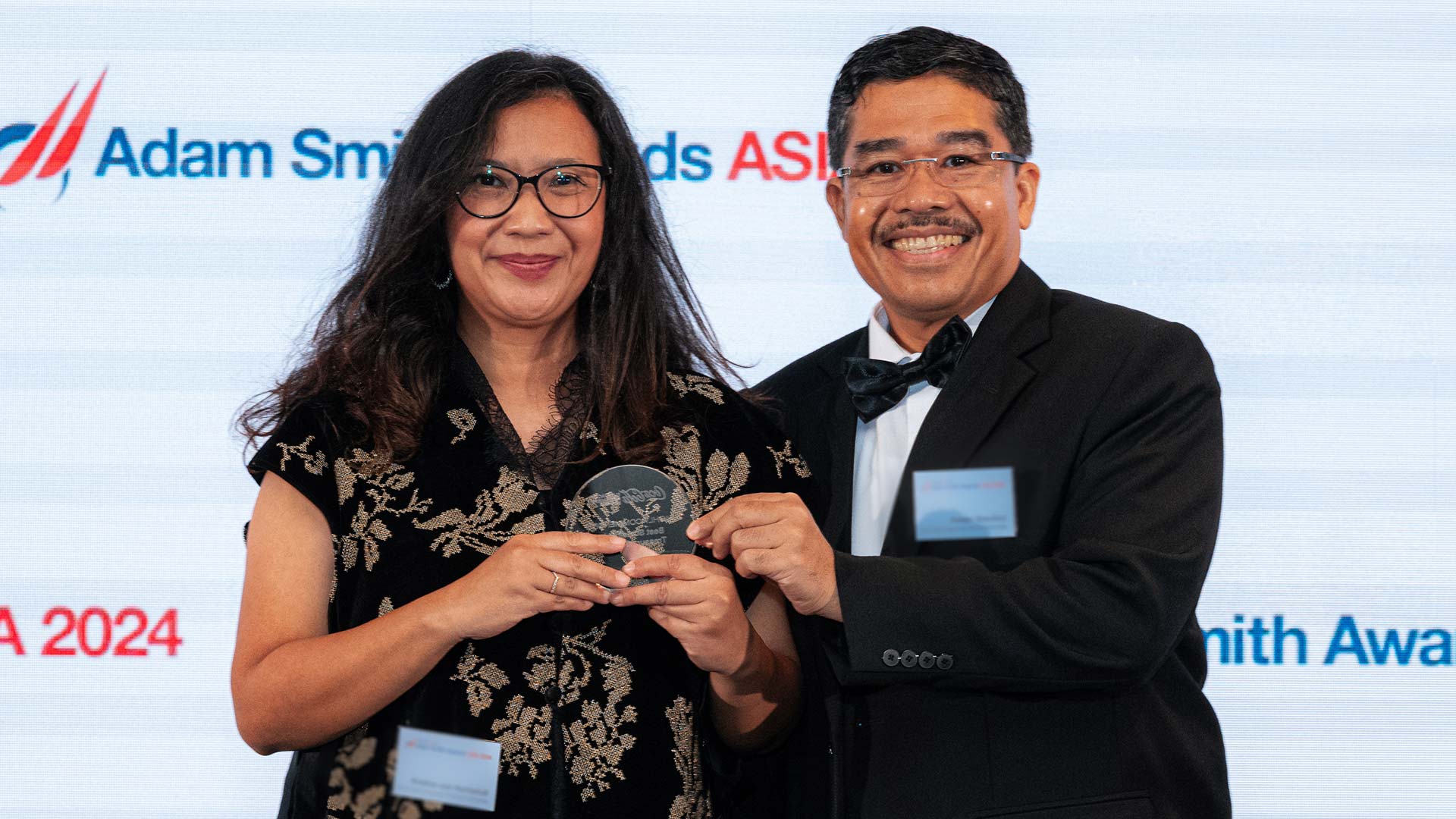
As part of its sustainability ambitions, CCEP Indonesia has set ambitious sustainability targets, with its supply chain estimated to be responsible for ~80% of its emissions. These include aiming for 50% recycled plastic (rPET) in its PET bottles by 2025 in Australia, Pacific and South-East Asia (APS), 100% of packaging collection by 2030, ensuring that 50% of packaging comes from rPET by 2025, and stopping use of oil-based virgin plastic in bottles by 2030, collecting and recycling a bottle or can for each one sold by 2030, and targeting net-zero greenhouse gas (GHG) emissions by 2040.

As a newly established department, DCCEEW sought to introduce a robust card programme to better manage the expenses of its 3,000-strong employee base. As well as needing the card programme to go live in tandem with DCCEEW’s new Travel and Expense Management system, Expense 8, the card had to have a customised design that conveys the department’s core philosophy and its crucial role in driving sustainability.
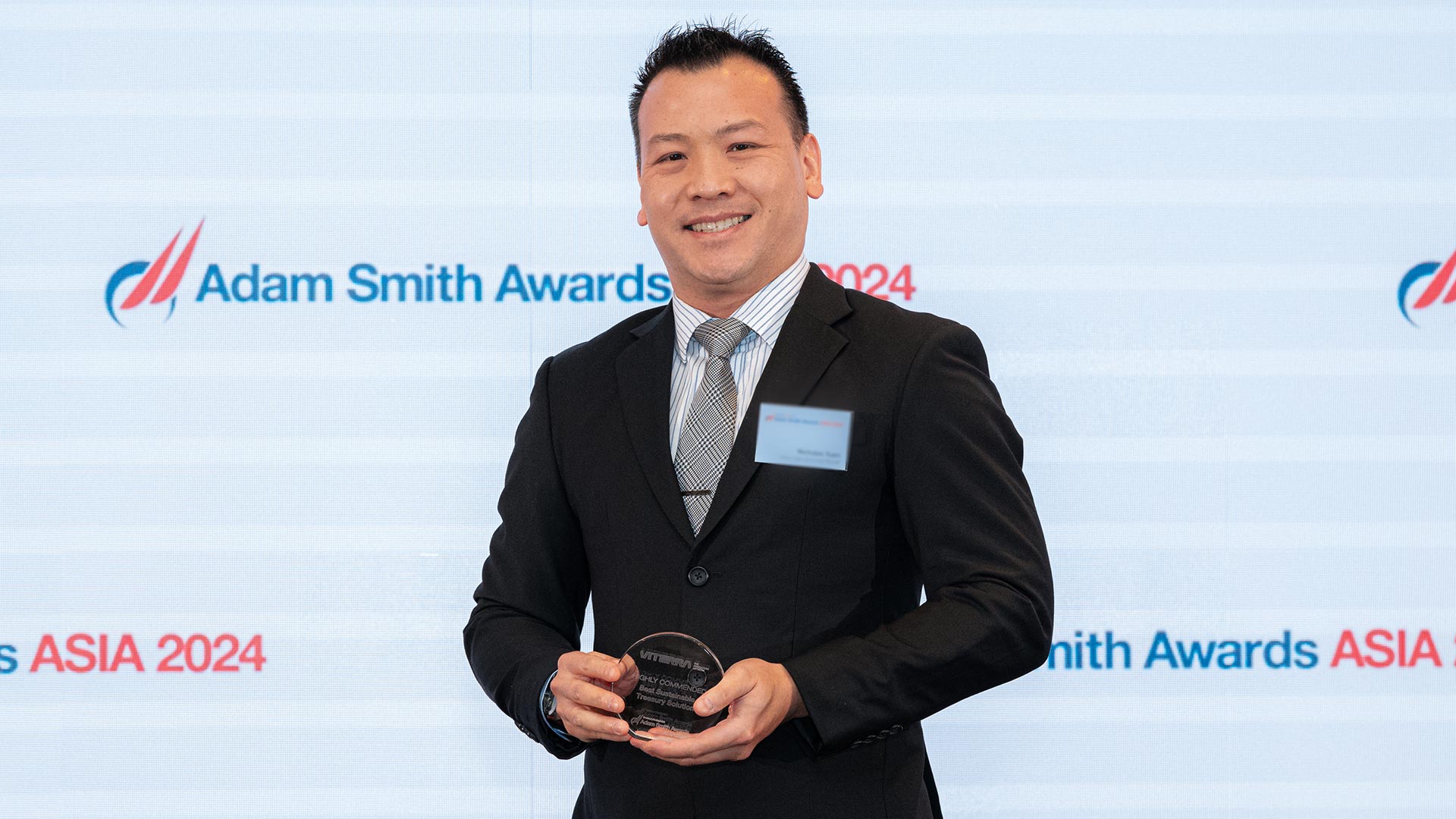
Viterra Agriculture operates across five continents including Asia and is committed to combatting climate change as a signatory to the Agriculture Sector Roadmap to 1.5°C and a member of the World Business Council for Sustainable Development.
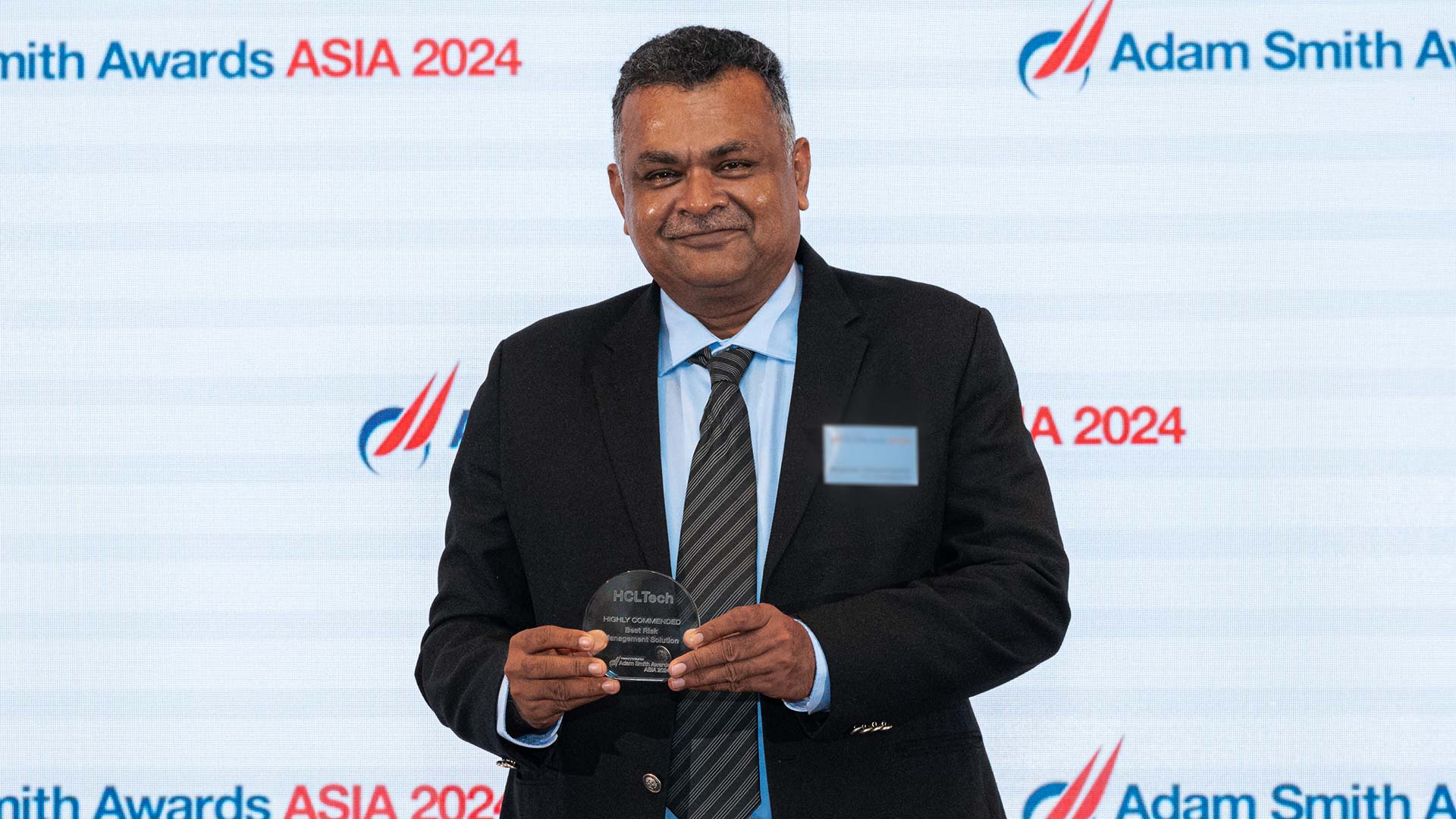
Indian’s HCL’s partnerships with SMEs represented a growing counterparty risk for the IT group. HCL’s sales contracts with clients are bundled with service support and payment terms are spread over three years.

The Thai treasury team at petroleum group PTT Exploration and Production Public Company Limited’s (PTTEP’s) was facing significant foreign exchange (FX) risks, particularly related to PTTEP’s gas sale contracts which have revenue in THB, while financial statements and accounting terms were in USD. It meant the finance team had to buy USD and sell THB to align with its accounting practices.
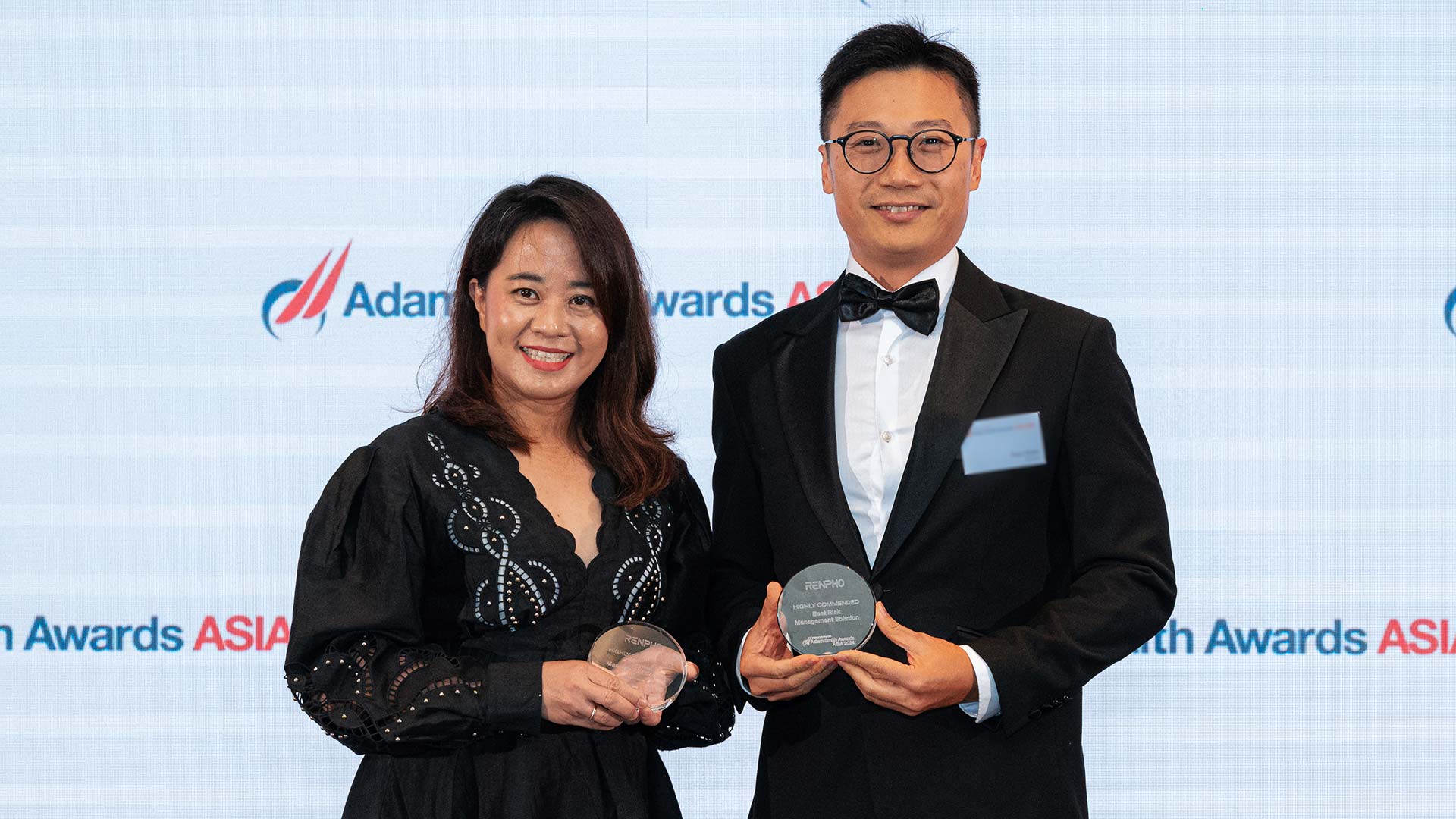
Renpho’s business has grown exponentially over the past five years. Its vast portfolio of over 100 stock keeping units (SKUs) is managed through six trading entities, with the company’s products sold online to over ten million customers across 19 markets in more than ten currencies.

Beijing Didi Infinity Technology & Development Co. Ltd. (DiDi) has evolved from a small taxi-hailing platform into a global mobility giant across 15 countries in three continents. DiDi’s international treasury team play a crucial role in the company’s rapid expansion and growth.
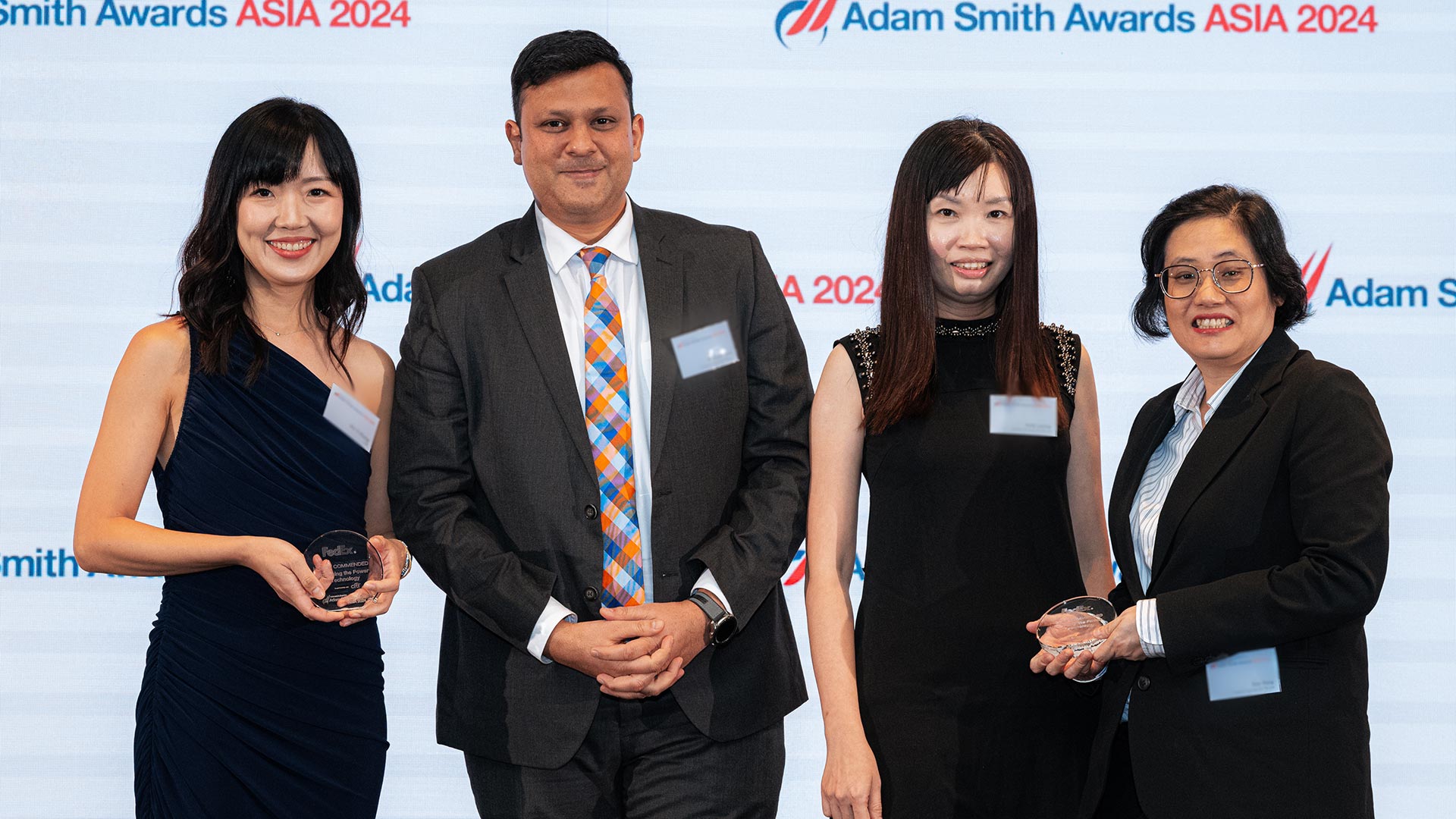
Innovation has always been a key component of FedEx’s DNA. Today, the need to provide digital solutions to enhance its customer’s experience is ever more critical given that the role of supply chains and e-commerce have fundamentally evolved in recent years.
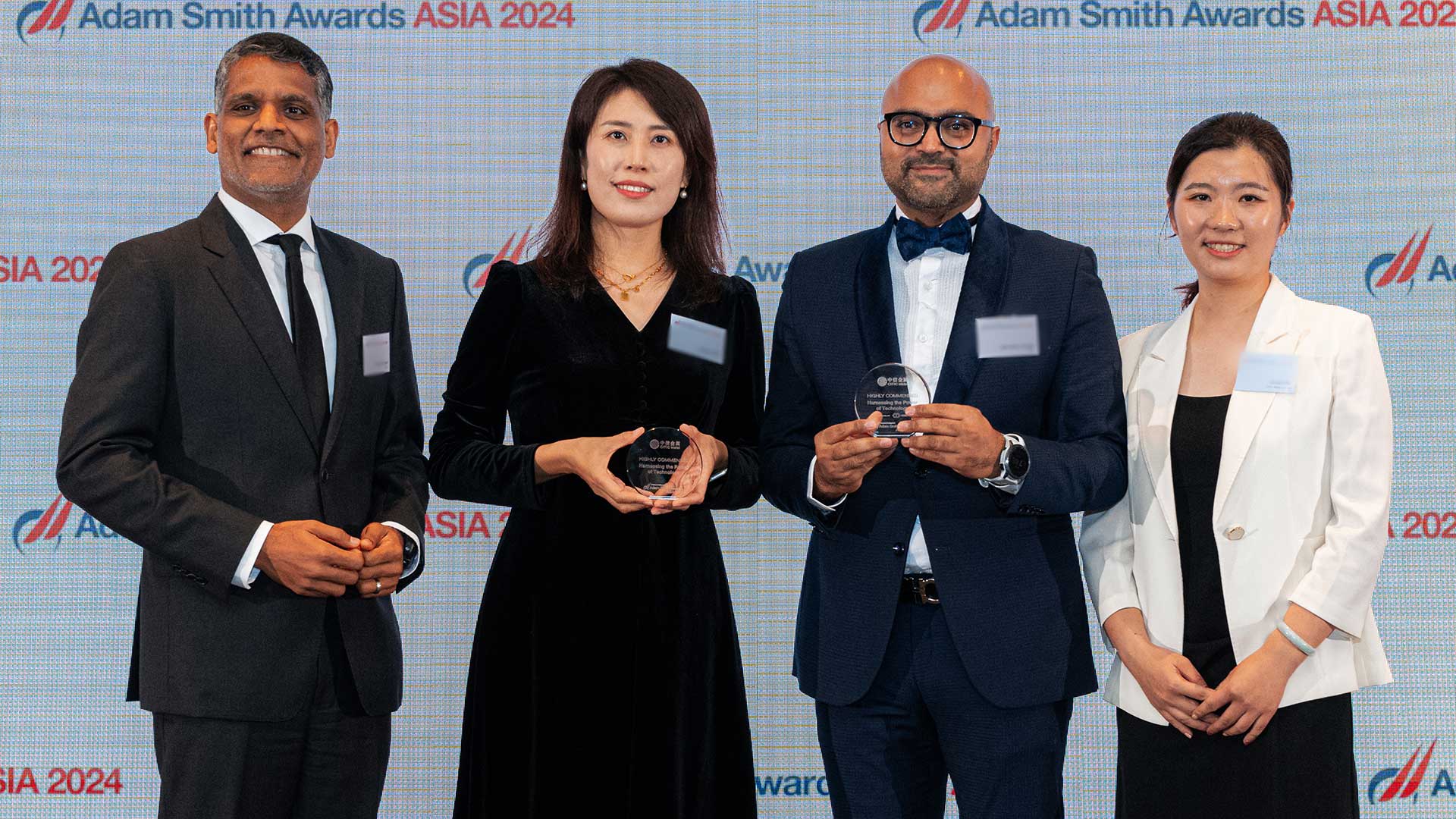
As a leading commodity trader and mining investment company in China, CITIC Metal specialises in trading ferrous and non-ferrous metals globally and has world-class mining assets in Brazil, Peru and Africa. With growing volumes and spreading footprints in various regions, a more efficient and competent financing solution was required to address operational burdens and, in the meantime, maintain a smooth procurement workflow.
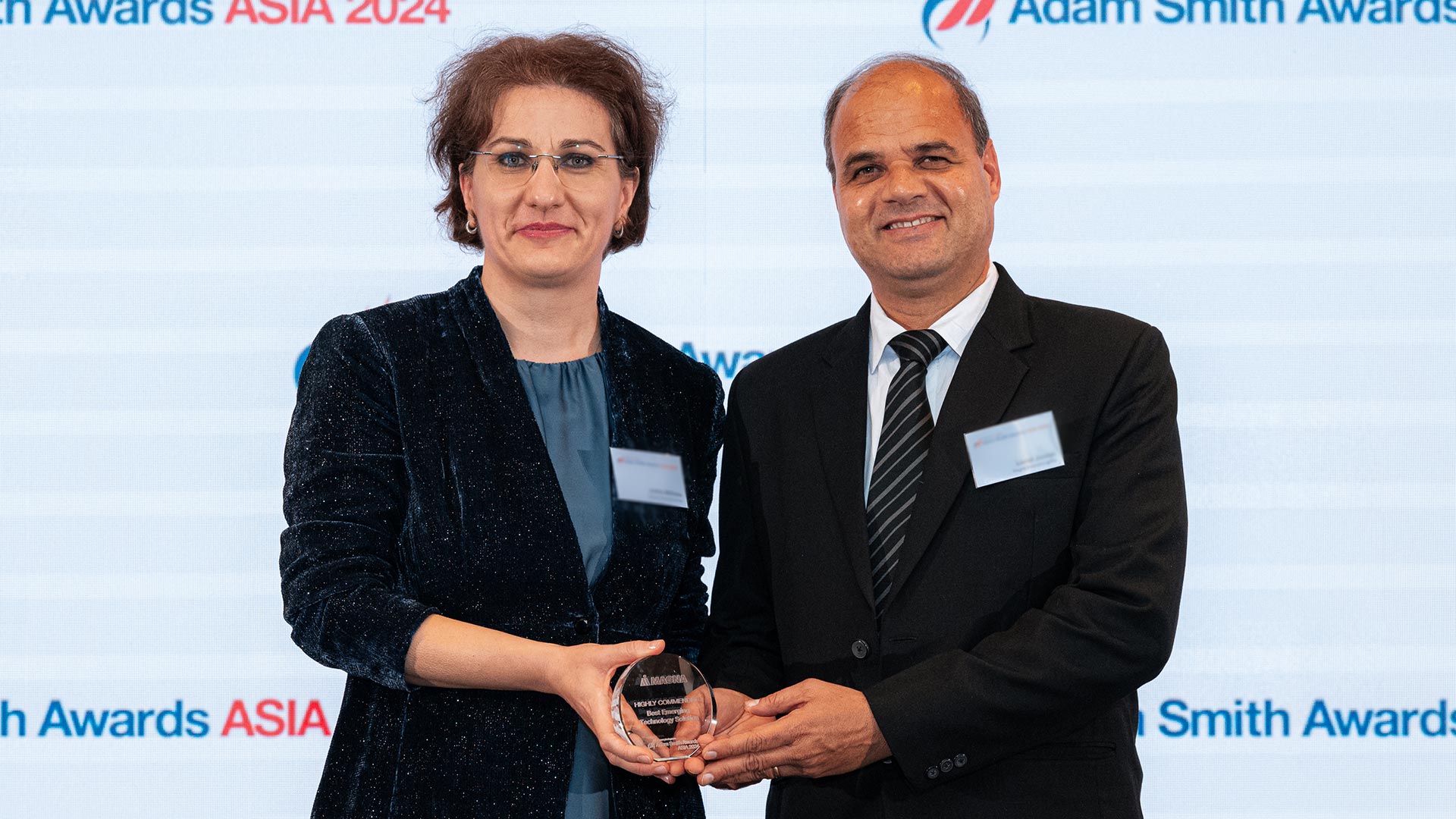
Yuma Energy is India’s leading Battery-as-a-Service (BaaS) company on a mission to build a sustainable future by making mobility accessible, affordable and carbon free through reliable, convenient and efficient energy-as-a-service solutions.
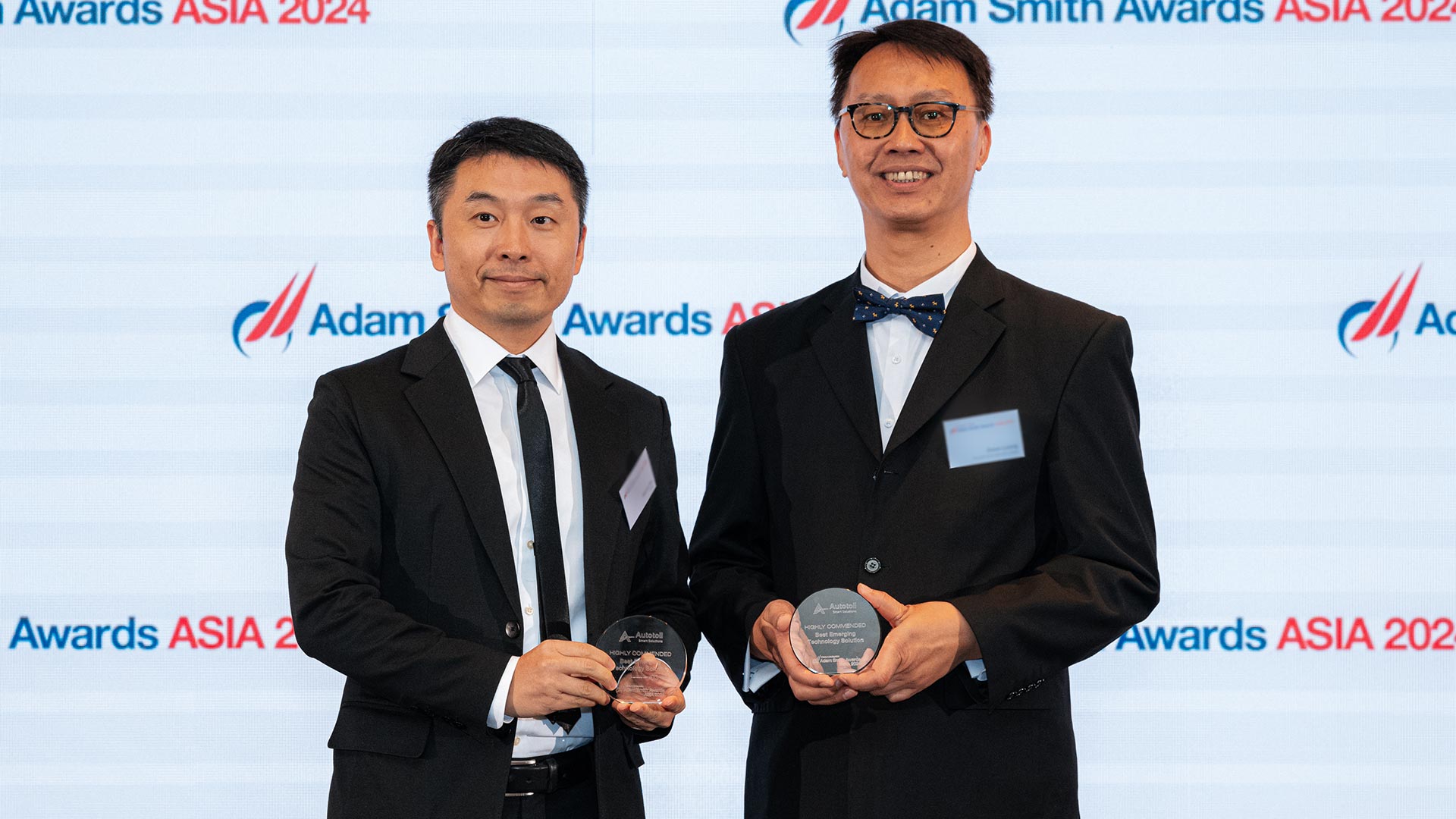
Autotoll International Limited (Autotoll) had been pioneering intelligent solutions for more than 25 years in Hong Kong, initially with its electronic toll collection (ETC) for tunnels and bridges.
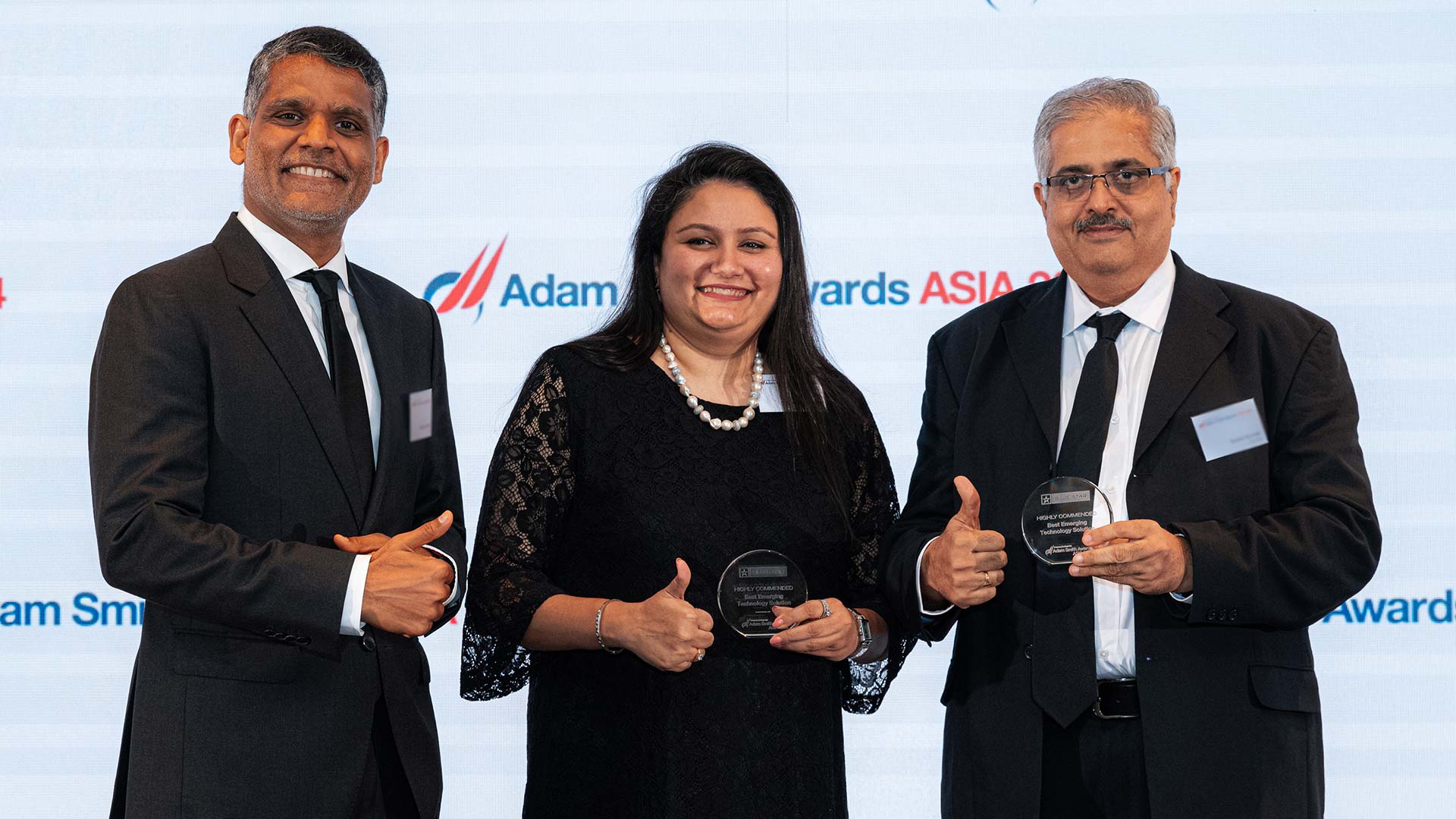
Blue Star Limited (BSL) is required to provide bank guarantees to its customers to support its core business requirements. Guarantees are required to be issued at the time of bidding for contracts, towards advance payments and performance, across 400+ beneficiaries. BSL’s current order book is INR36bn from multiple customers which demands a large volume of bank guarantees (BG) resulting in a great deal of time, energy, manual intervention and processes.

Delhivery services over 18,600 pin-codes across India through its 4,000 centres but the manual nature of the cash pickup poses many operational challenges.

The primary challenges faced by JK Paper included: manual reconciliation effort, lack of real-time visibility and complex matching and reconciliation requirements.
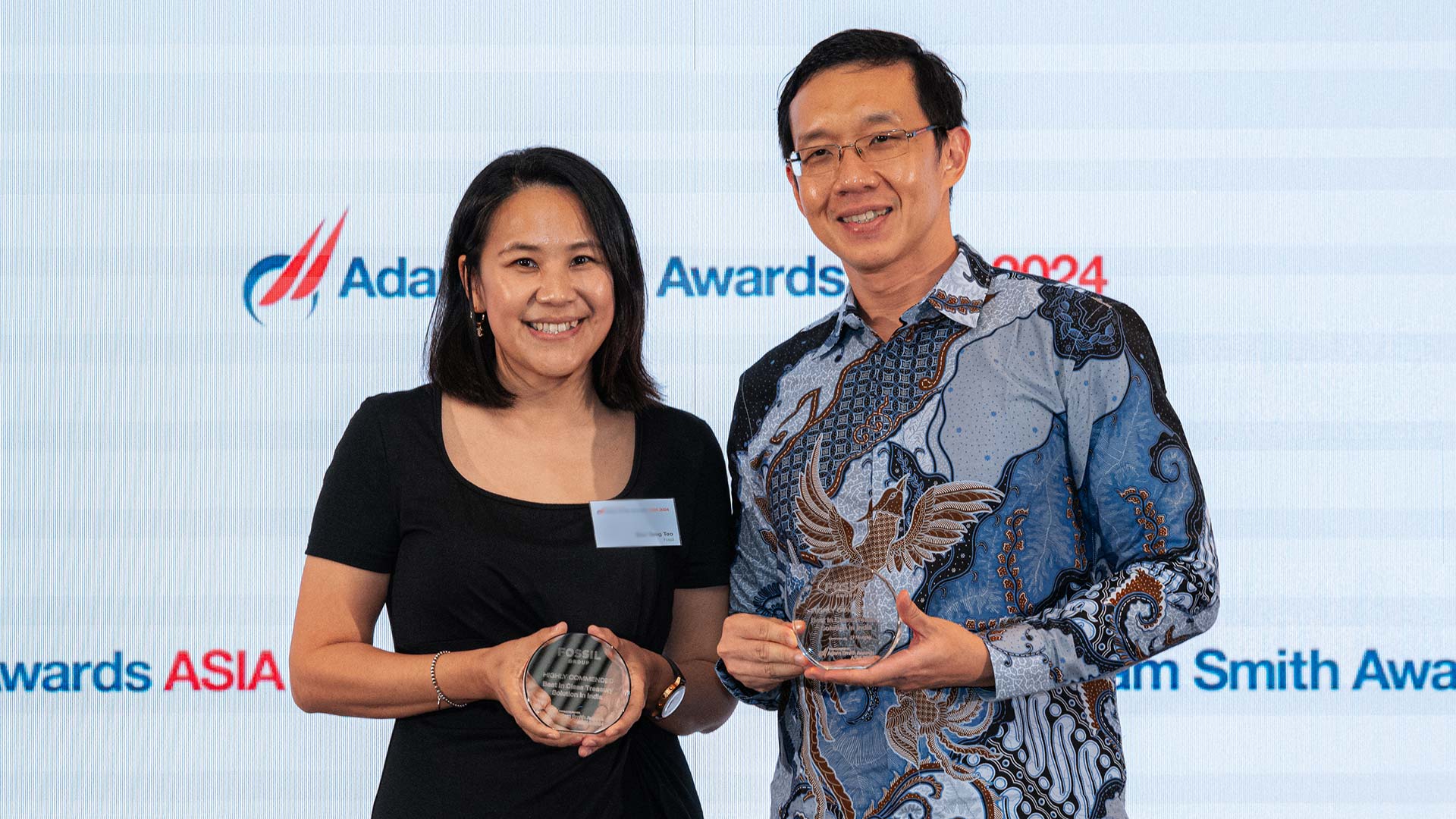
Fossil was determined to strengthen and optimise its business operations with strategic reviews of its business models and structures. As a global company, Fossil has two different entities in the same group in India, and their misalignment created a foreign exchange (FX) risk. This brought to light an opportunity for growth within Fossil’s global treasury management space.

China General Nuclear Power Corporation (CGNPC), a prominent multinational corporation with a footprint spanning over 20 countries across Asia, Africa, Europe and the Americas, faced significant challenges in managing its global cash flow. These challenges were driven by diverse cash management practices, varying foreign exchange control laws, and operational time-zone differences.

As Jinko Solar Co., Ltd (Jinko) continues to expand overseas and demand for green energy surges dramatically due to sustainability requirements, AI development and geopolitical issues, the company was encountering many challenges for its treasury operations around the world. Jinko needed to digitalise, automate and centralise its treasury operations, and integrate sustainability principles into its treasury management.

As Yuexiu Group pushes forward with its international expansion, managing cash has become much more complex. With numerous business units and each subsidiary handling its own accounts and payments, operational costs have soared. The difficulties of managing cross-border funds and currency risks have increased financial management complexity and costs.
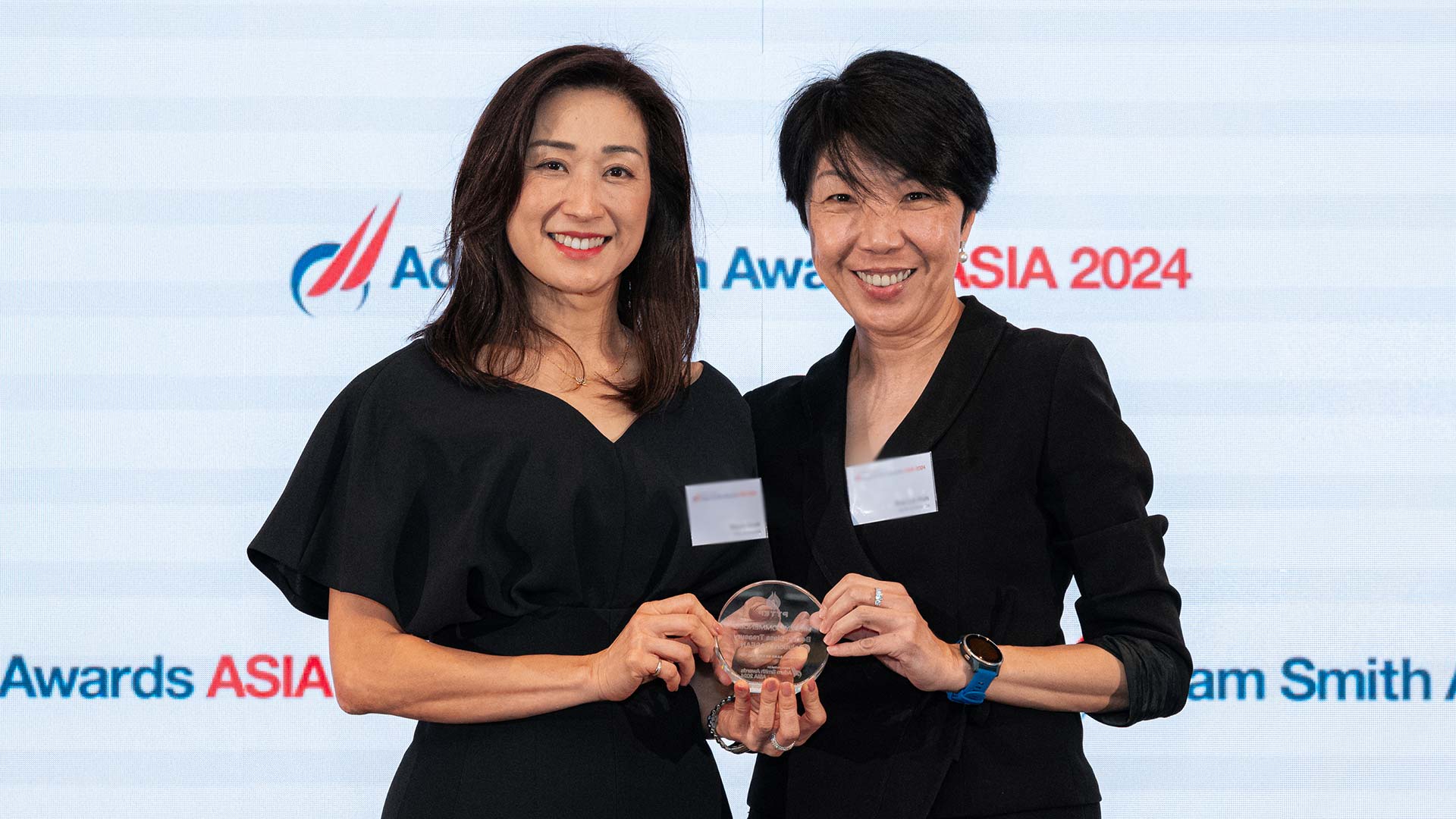
PTTEP treasury has implemented a plethora of solutions to help it realise its growth targets, leveraging technology advances to build a world-class treasury centre fit for a global energy company.
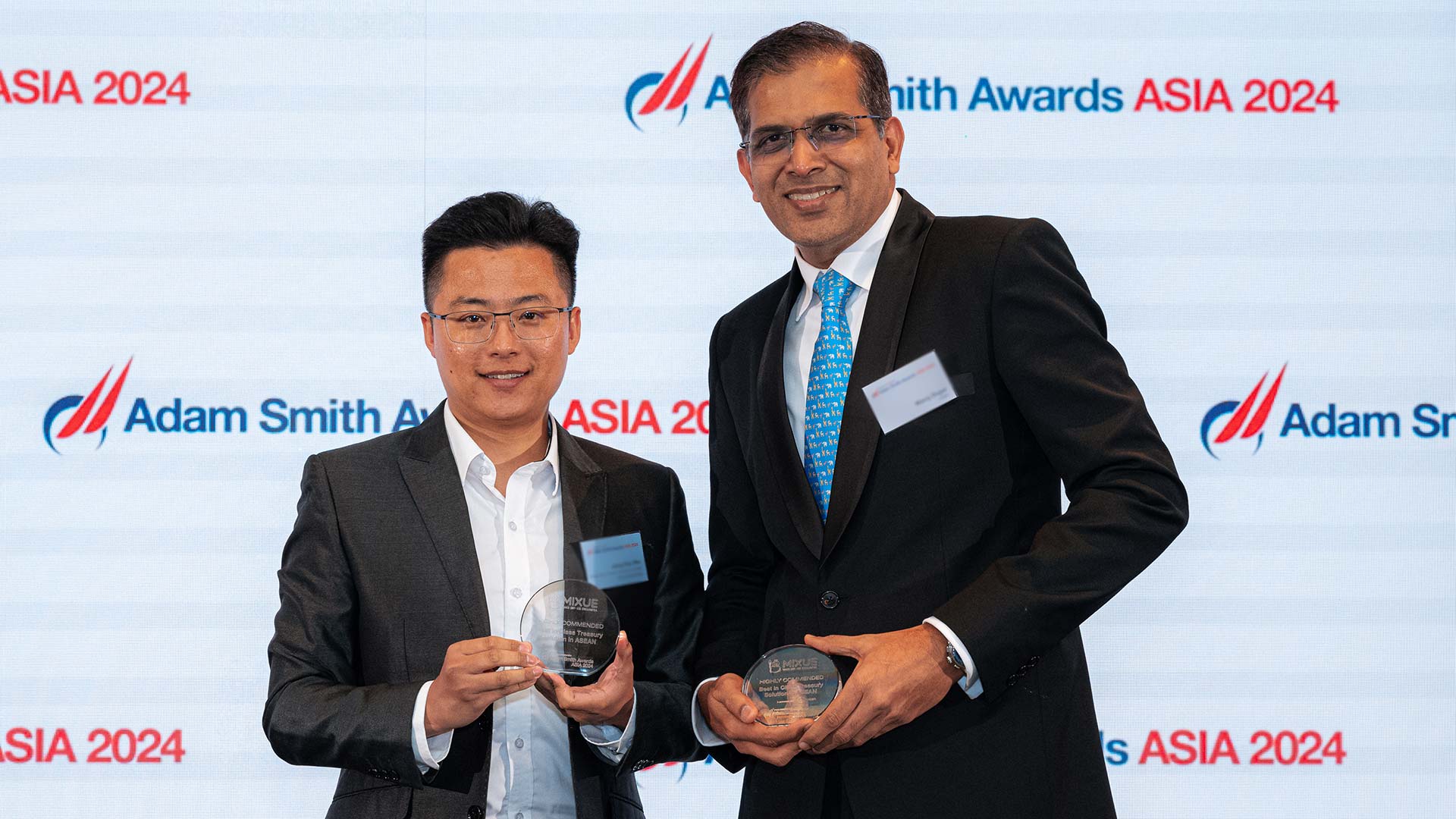
Mixuebingcheng’s (MXBC’s) overseas expansion in ASEAN has been extremely rapid. Since opening its first store in Hanoi, Vietnam, in 2018, the company has grown its presence to more than 4,000 stores across Indonesia, Vietnam, the Philippines, Singapore and Thailand.
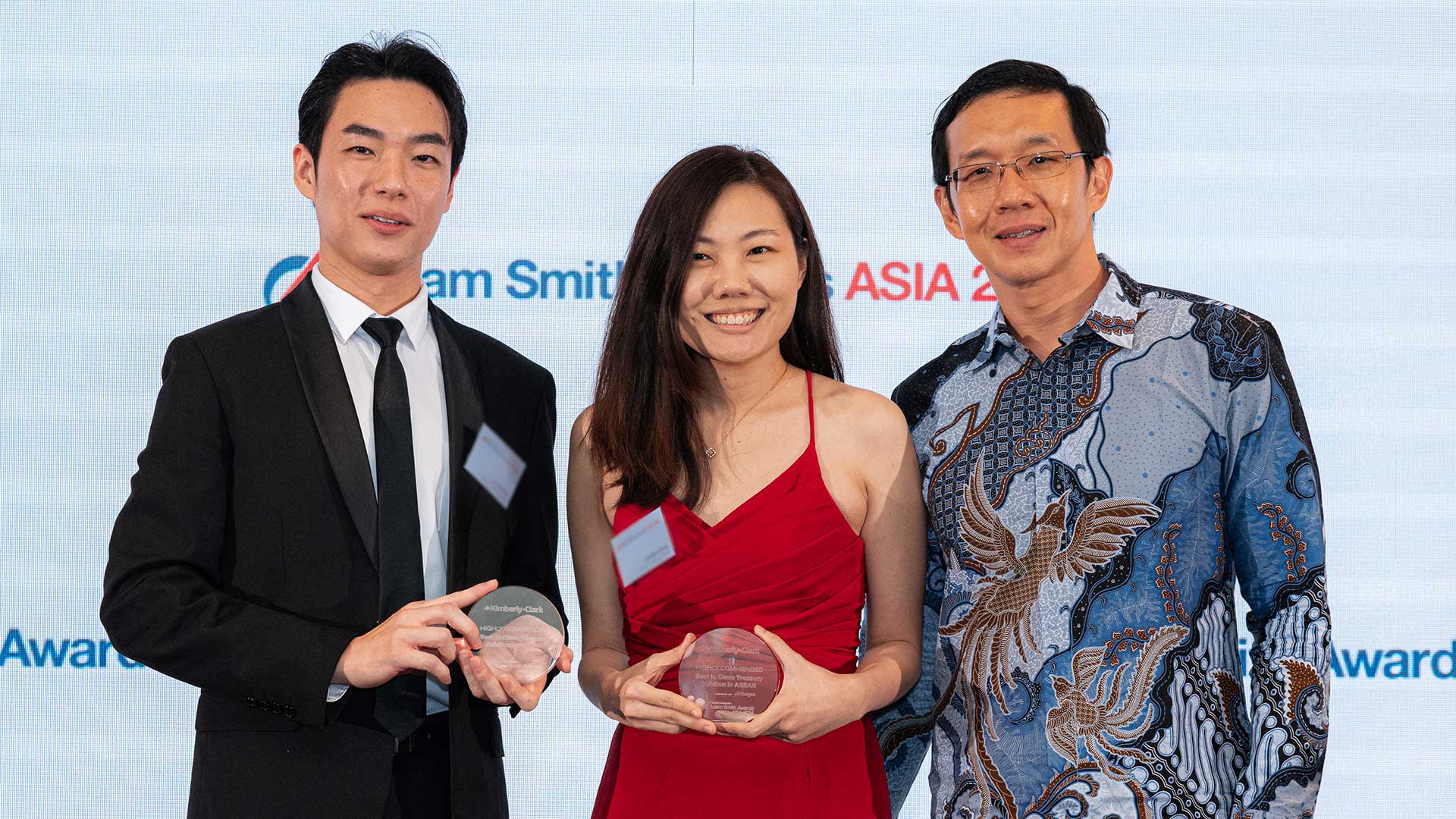
Following an acquisition exercise in October 2020, Kimberly-Clark inherited a decentralised cash management model across Indonesia. These companies were supported by multiple local banks, without automated connectivity to their Global Business Service (GBS) in Malaysia.

NWS Holdings wanted to align its financial interests with its environmental and social responsibility goals. NWS Holdings and Crédit Agricole are both forerunners in promoting sustainability in their respective sectors and have pledged to reach net zero by 2050. The challenge was to collaborate on a solution which responded to these ambitions.
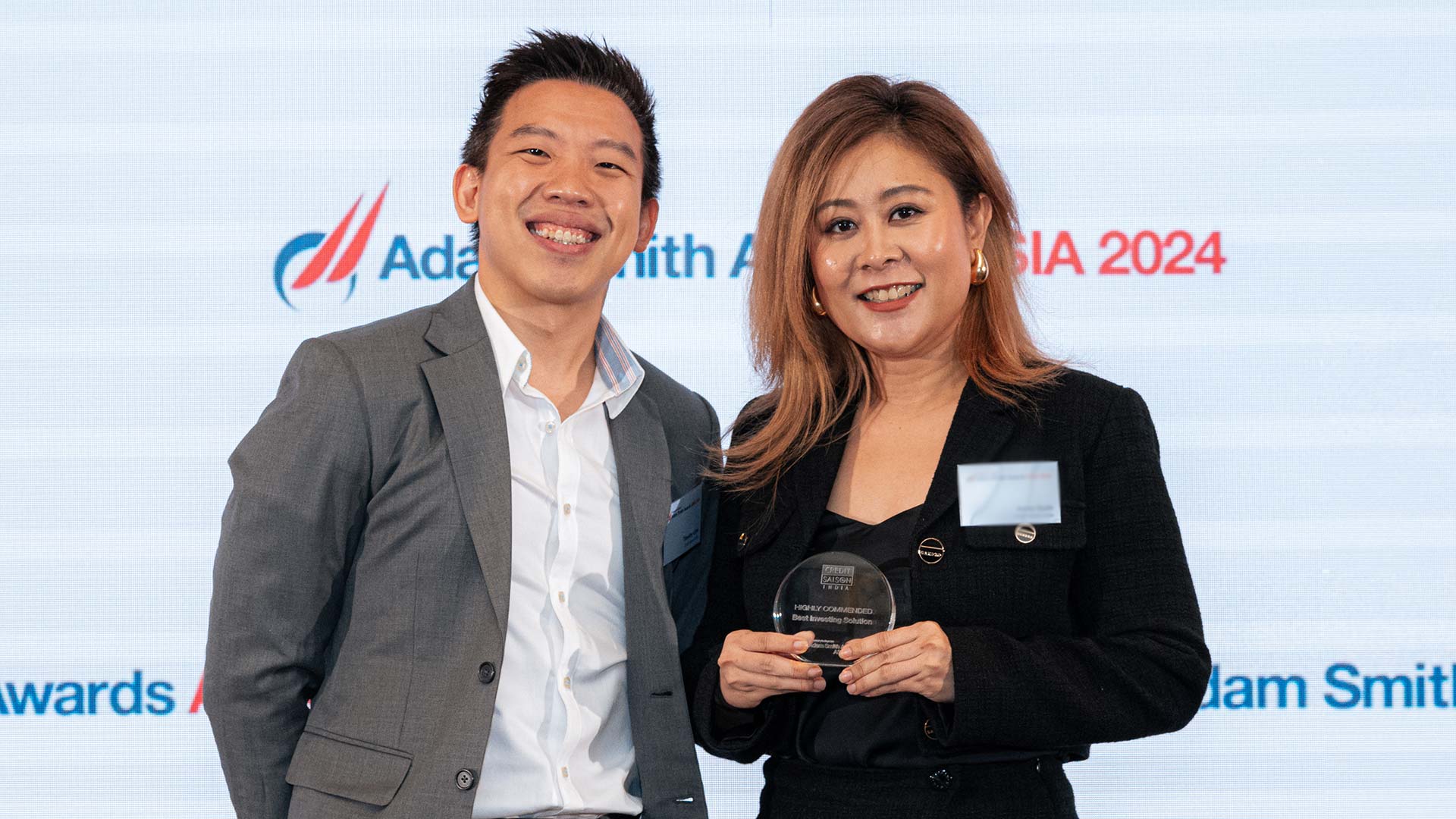
As Credit Saison India’s (CS India’s) business expanded, its manual treasury operations became increasingly time-consuming. Owing to the growing size of the treasury portfolio, it was becoming difficult and inefficient to manage treasury activities through spreadsheets. The treasury team found themselves dedicating most of their time to transactional tasks, which hindered their ability to focus on higher-level planning and analysis.

Xiaomi’s treasury team manages nearly US$20bn in cash resources, ensuring the smooth operation of the company’s global business and maximising financial returns through strategic investments.
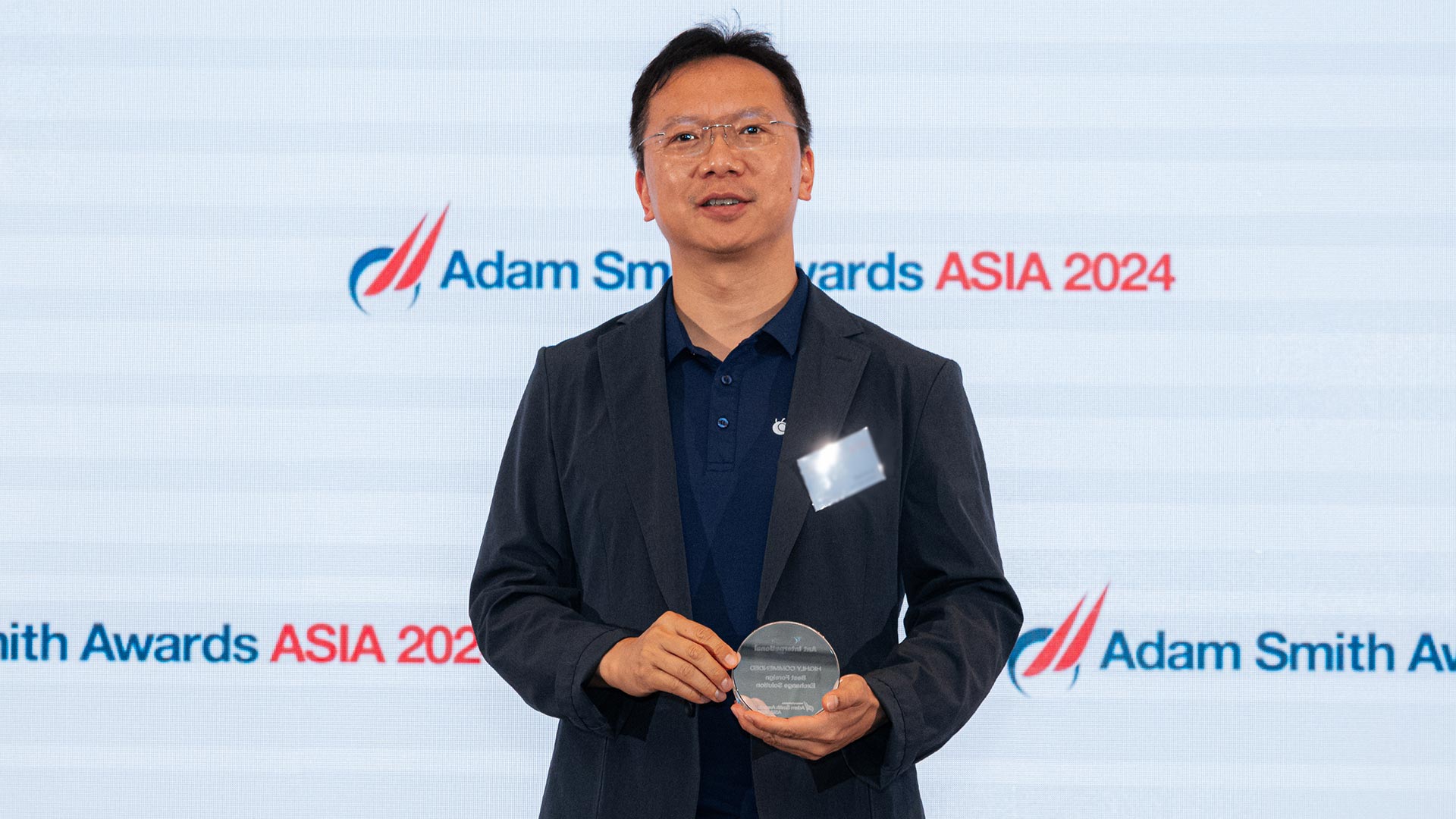
Given the nature of its business, Ant International is also active in the aviation industry, through its airline entity, serving global passengers booking flights. Extending the convenience of booking flights online with localised pricing to allow passengers to select their preferred payment currency is a key feature the airline required to offer its clients an improved user experience.
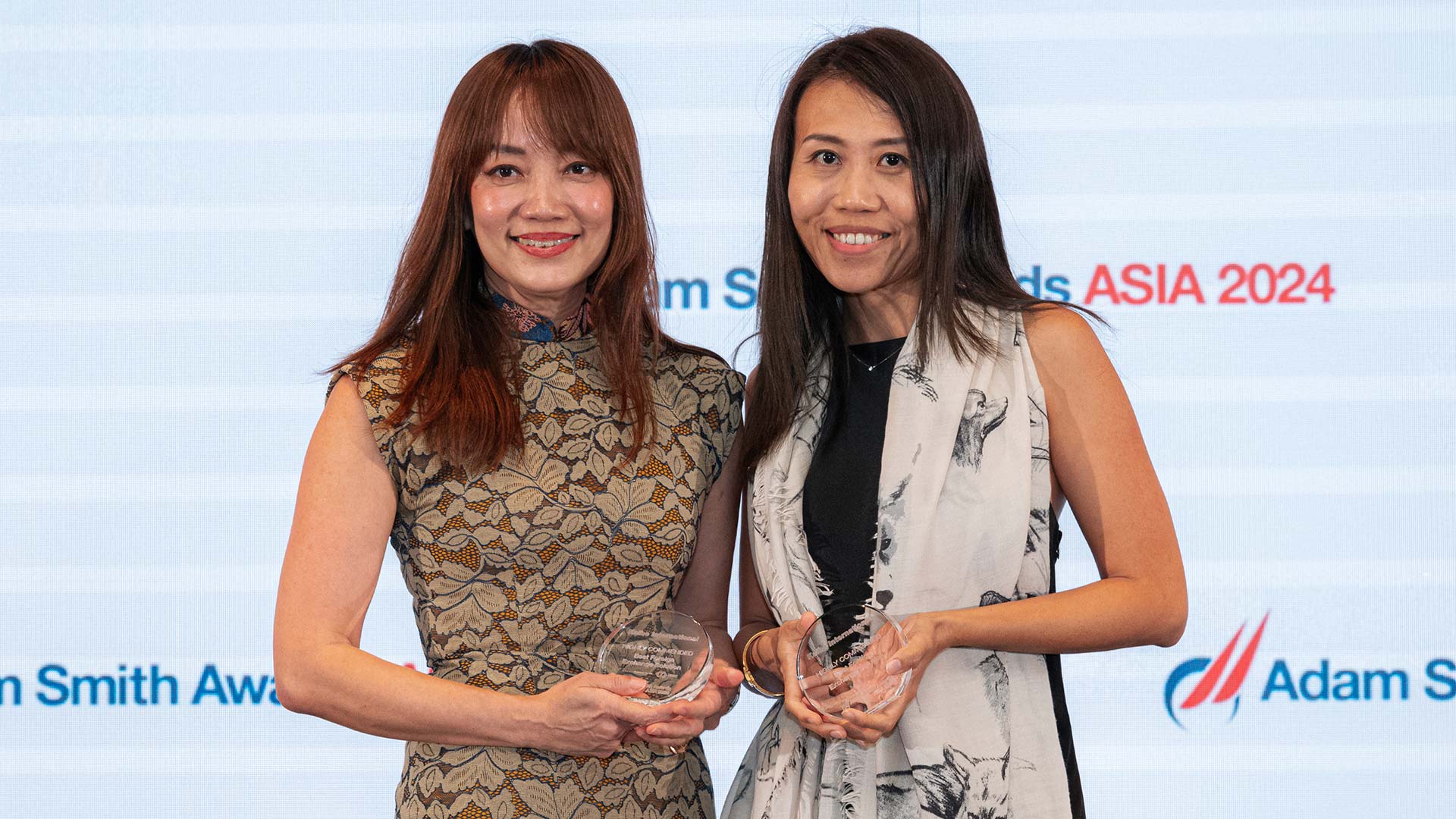
The Kalbe Farma group has grown extensively over the past few years through several major acquisitions. The group was looking to establish a treasury centre domiciled under Kalbe International in Singapore as part of a move to ensure scalable growth and greater overall efficiency on transaction processing.
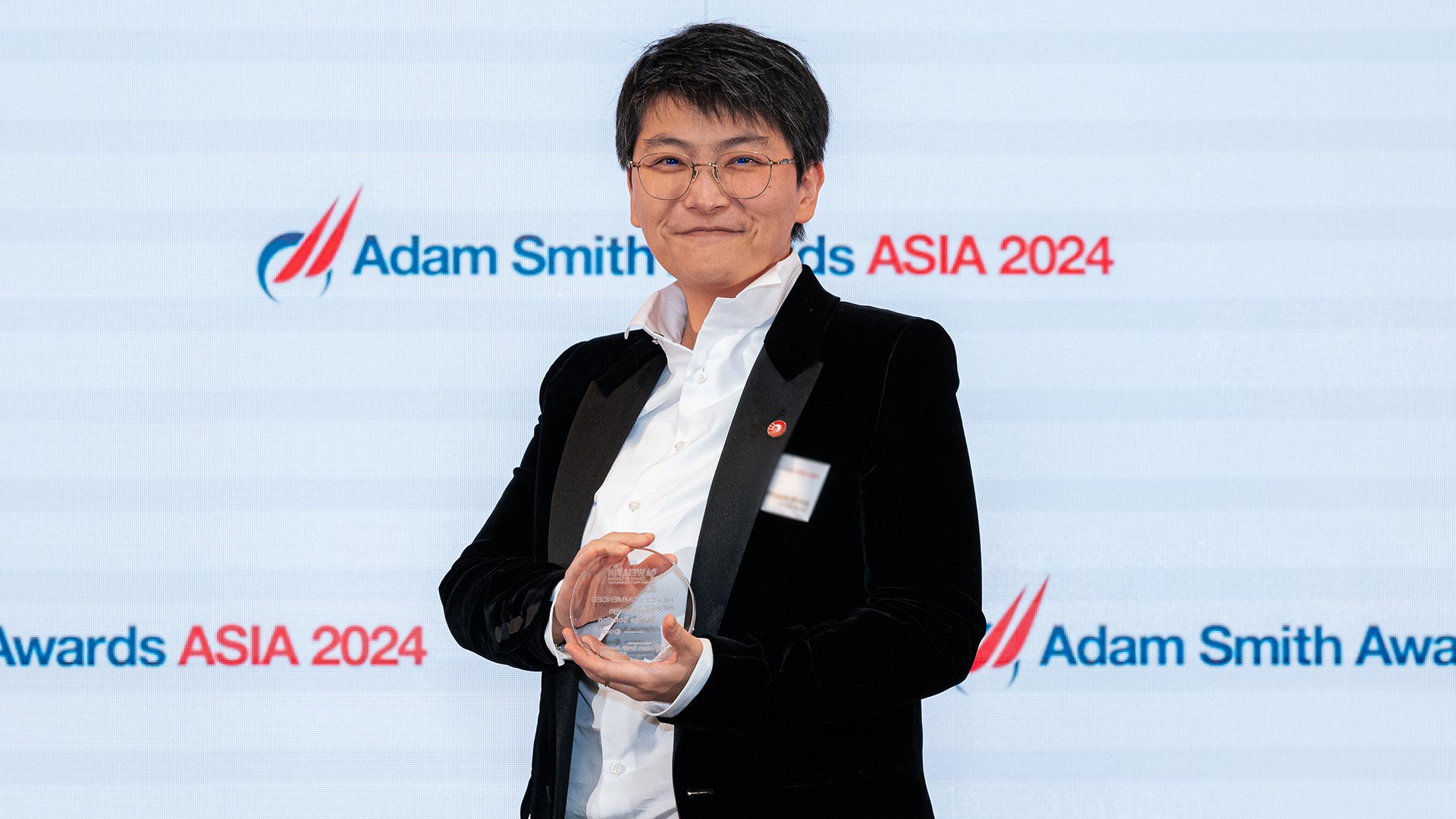
Wellvin Chemical Ltd faced significant challenges in managing its foreign exchange (FX) requirements. As an importer of goods from Hong Kong and an exporter to both local and overseas markets, the company needed to conduct regular FX transactions to facilitate payments and convert sales proceeds into the local currency.